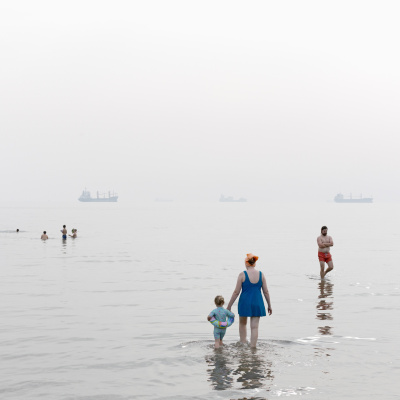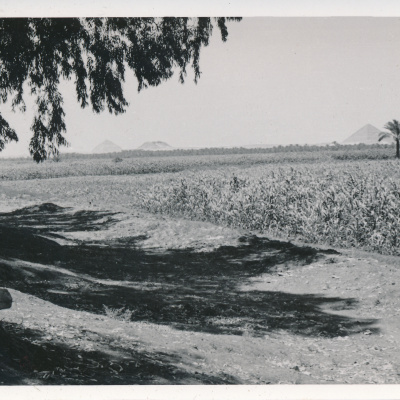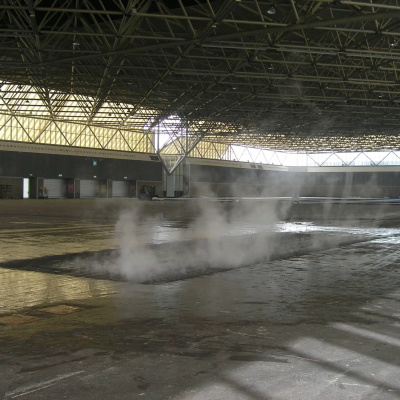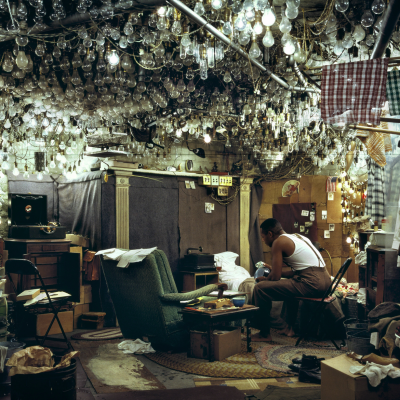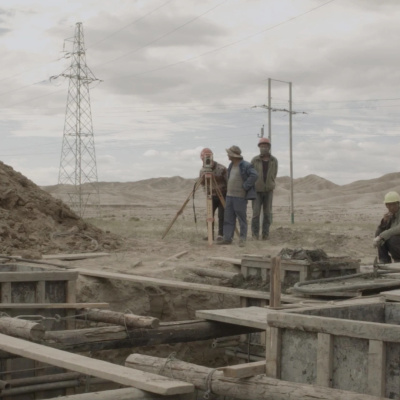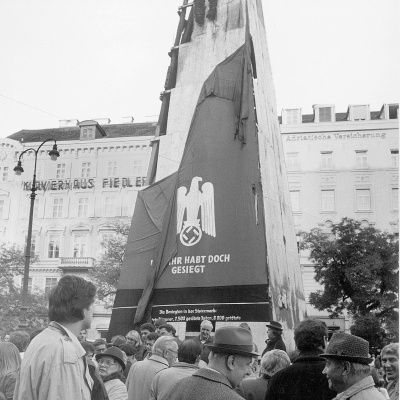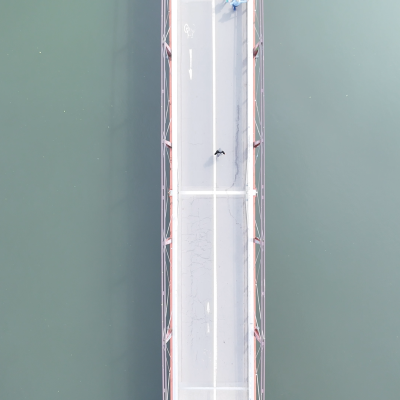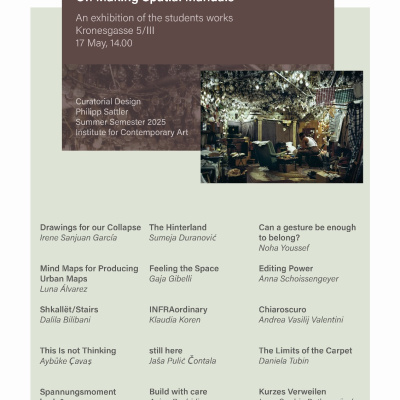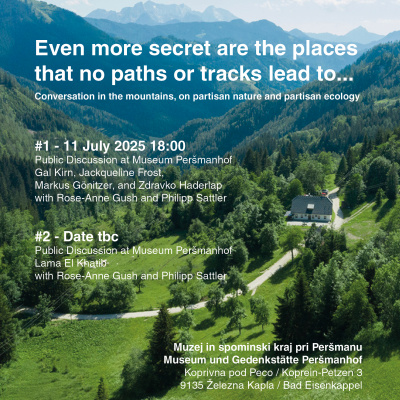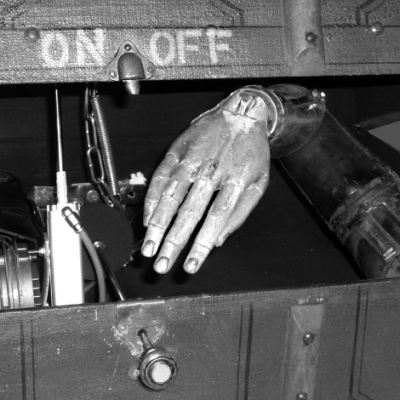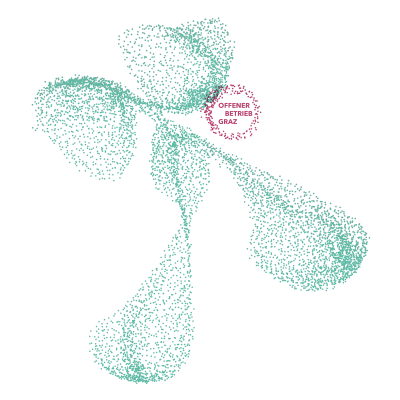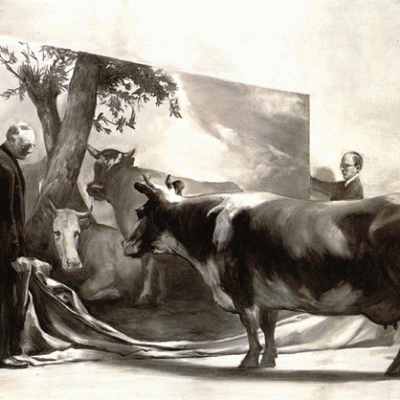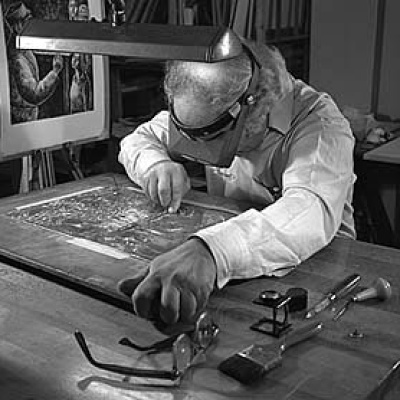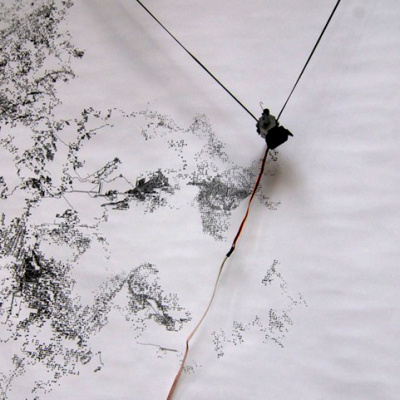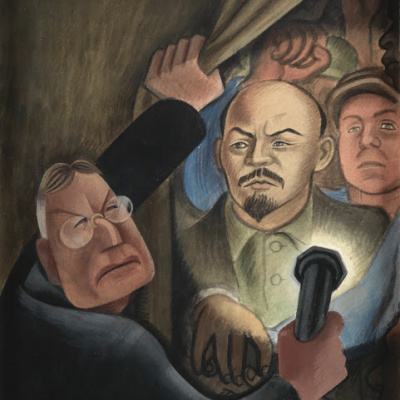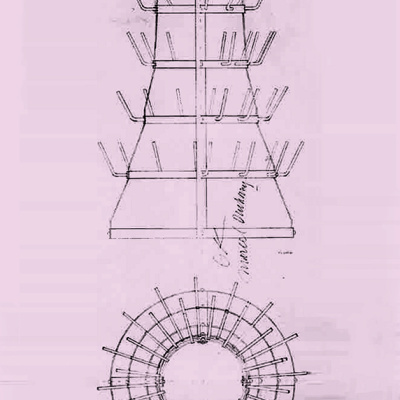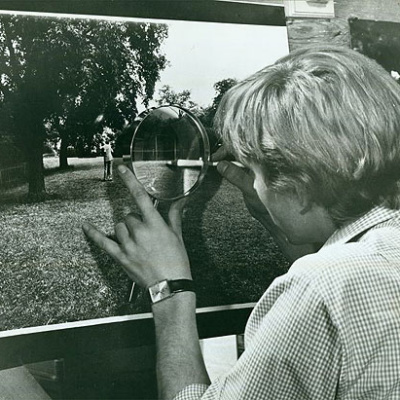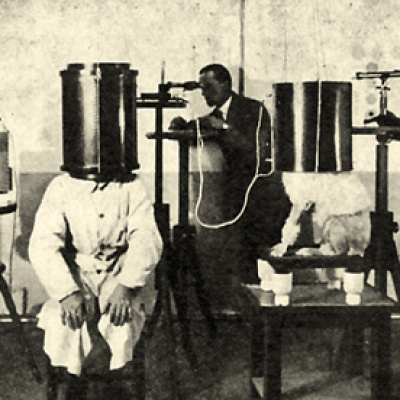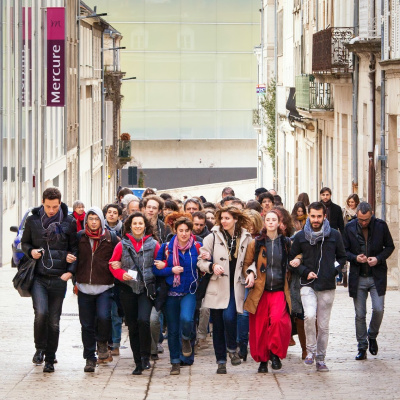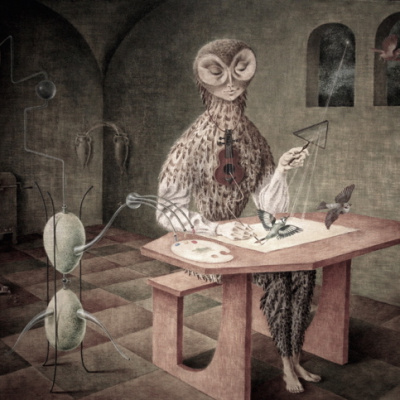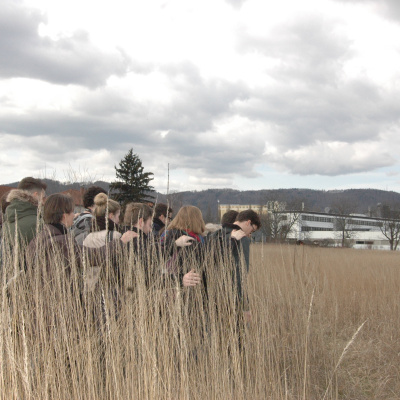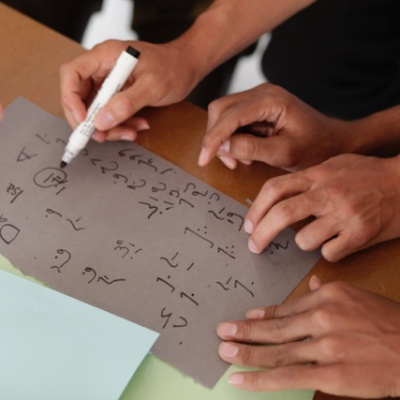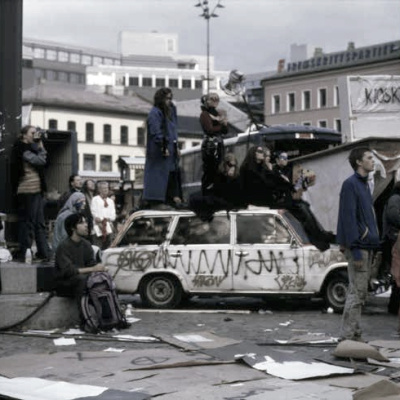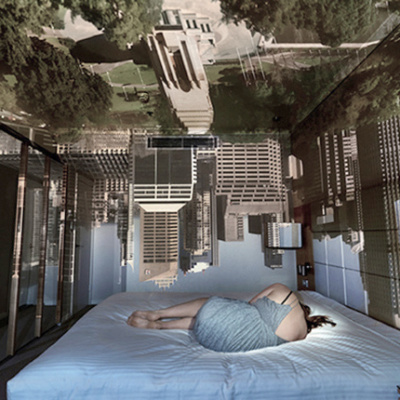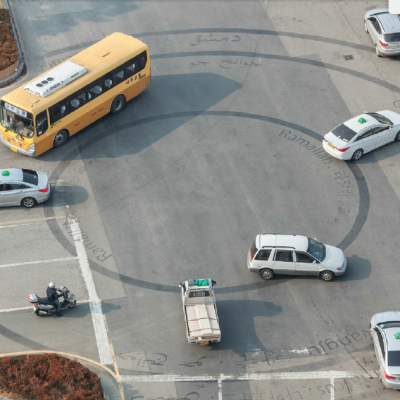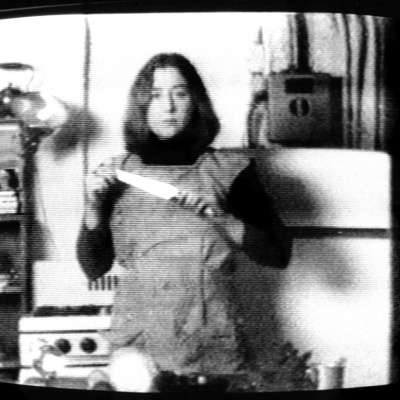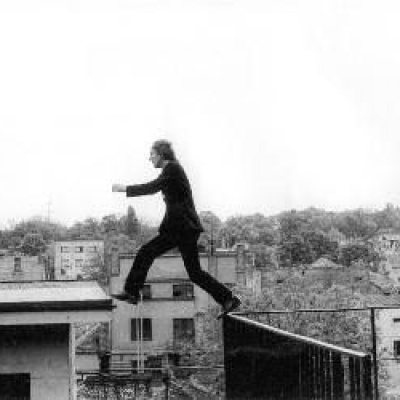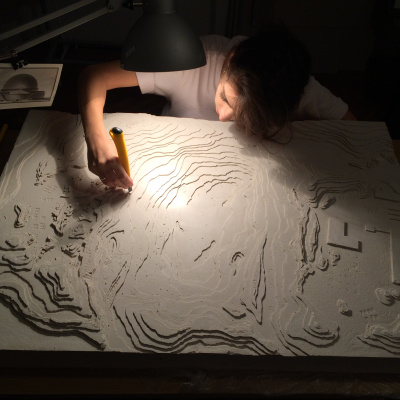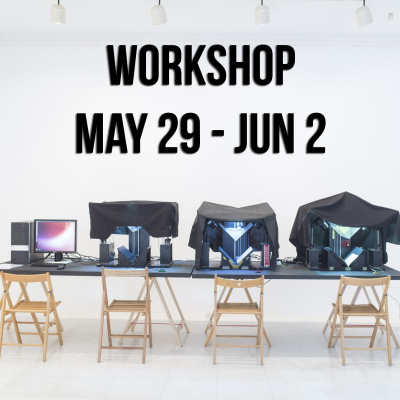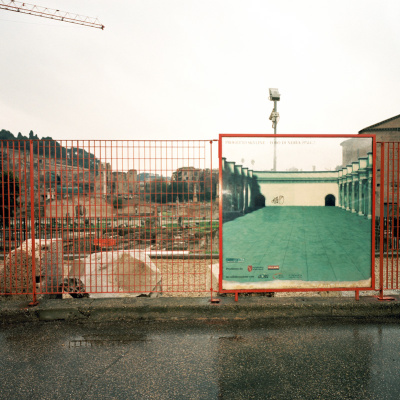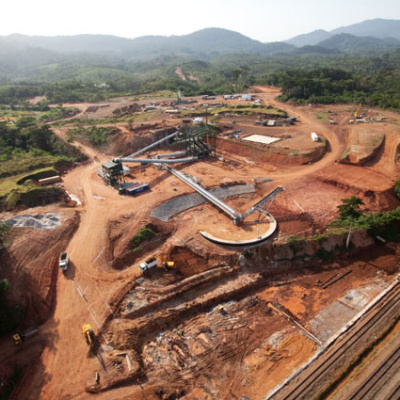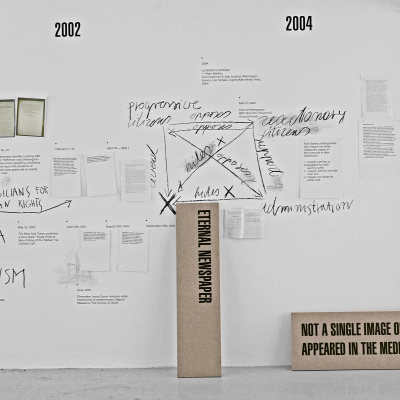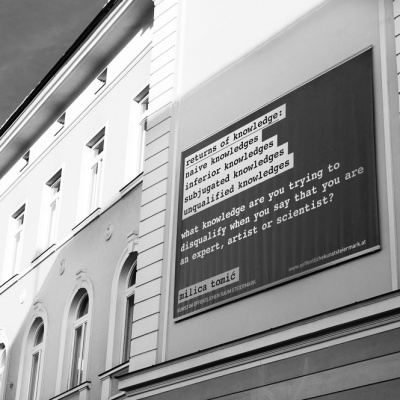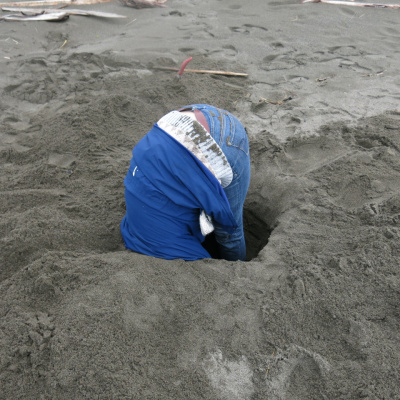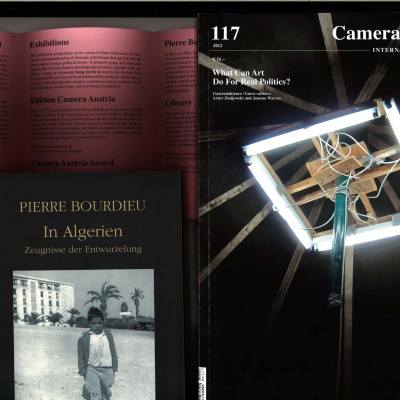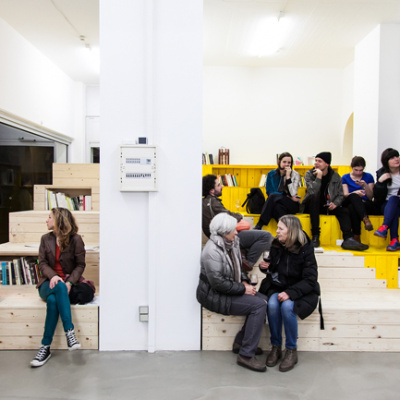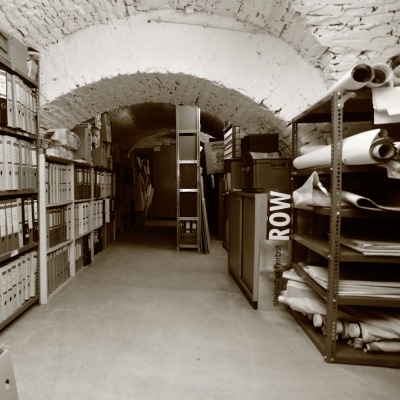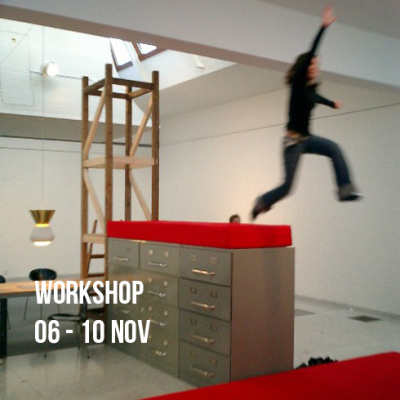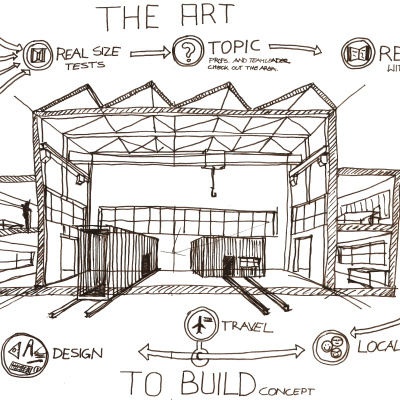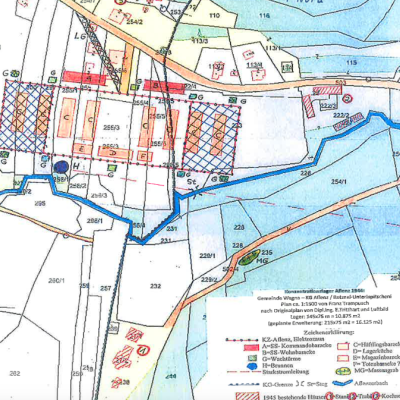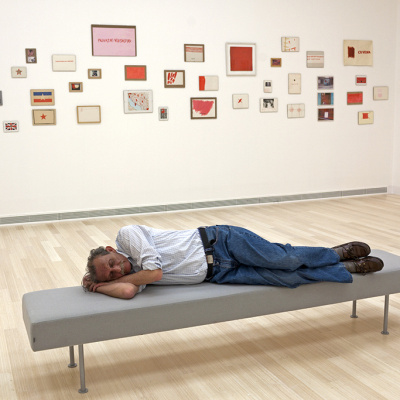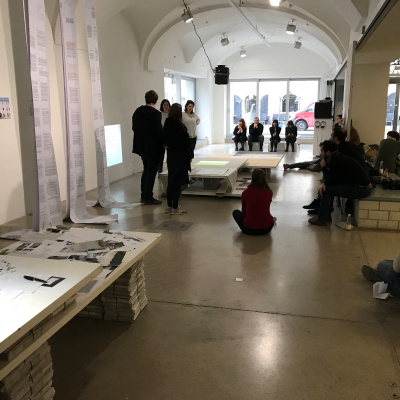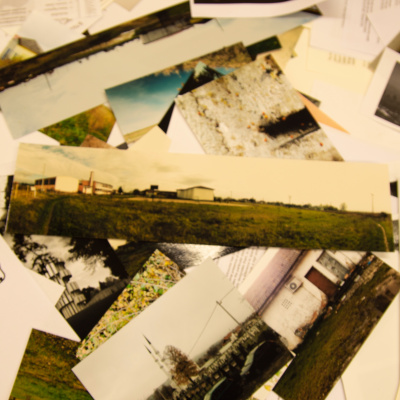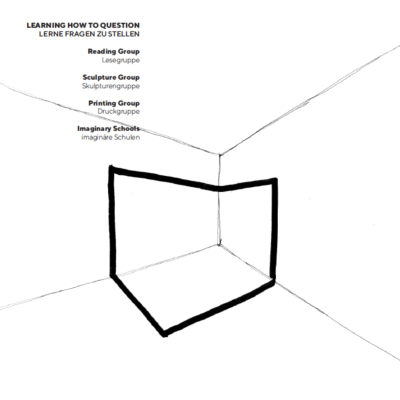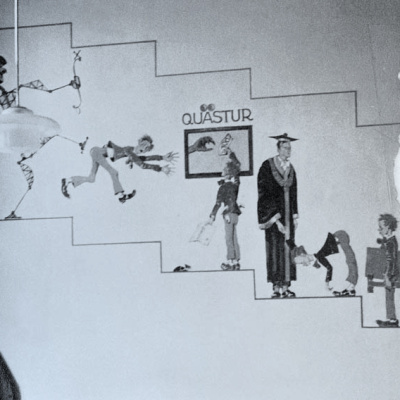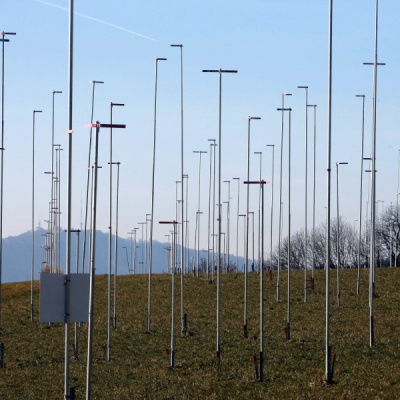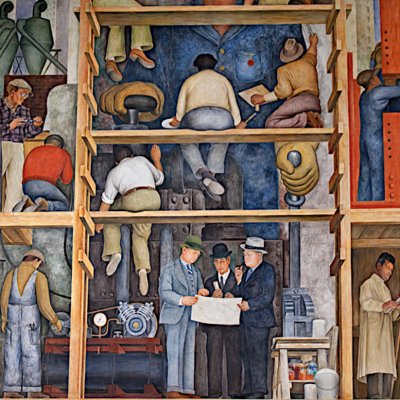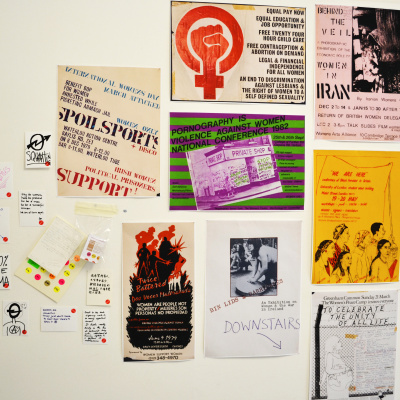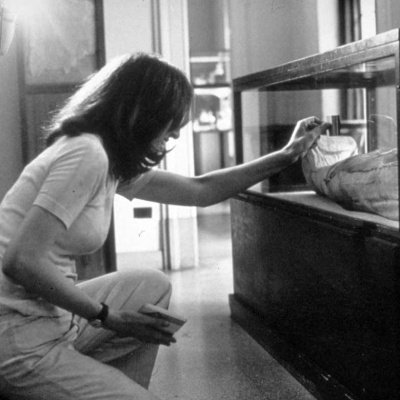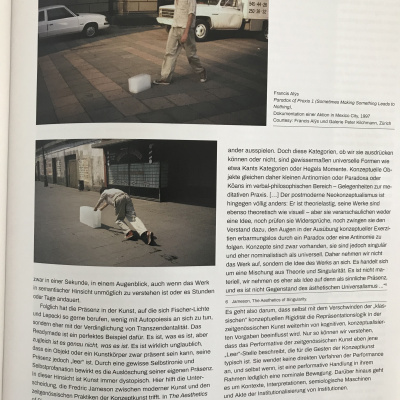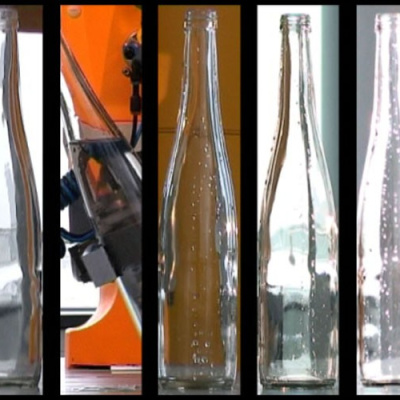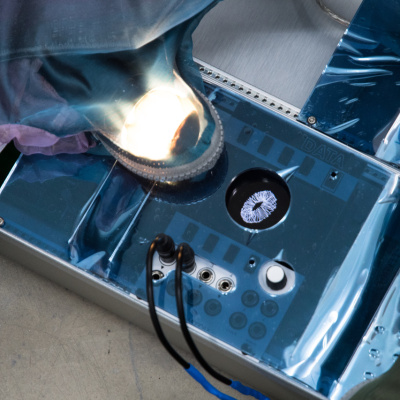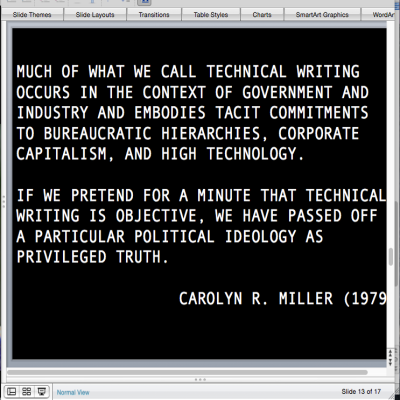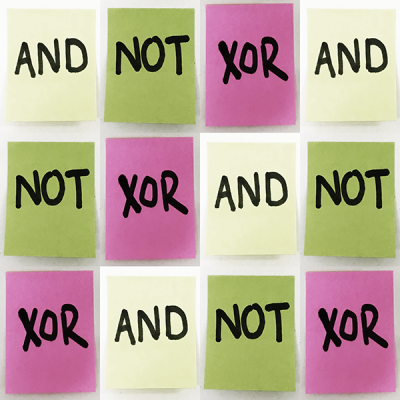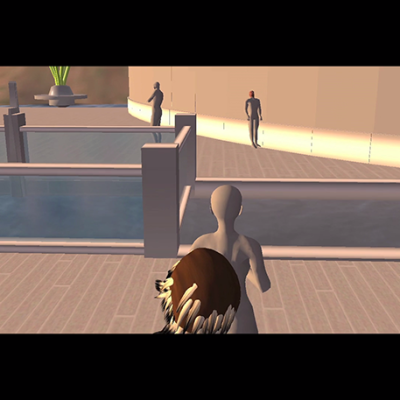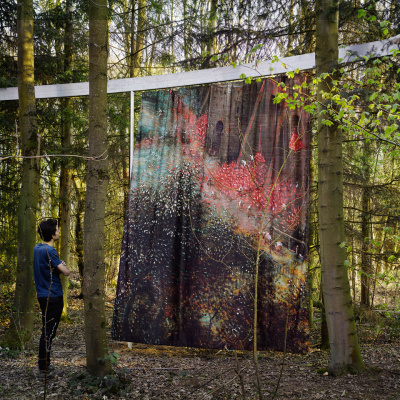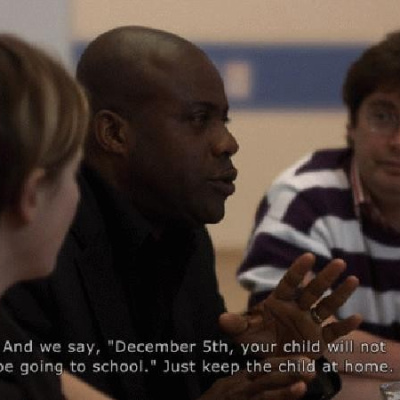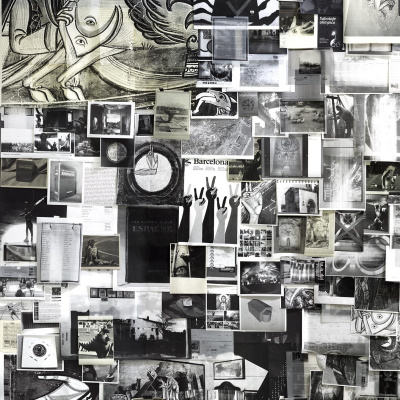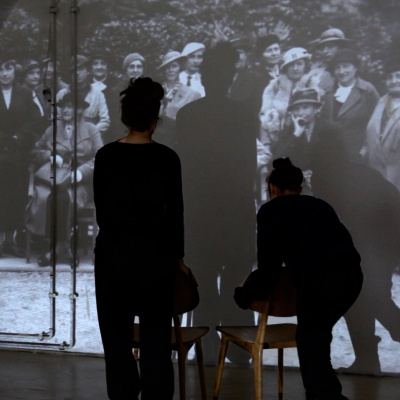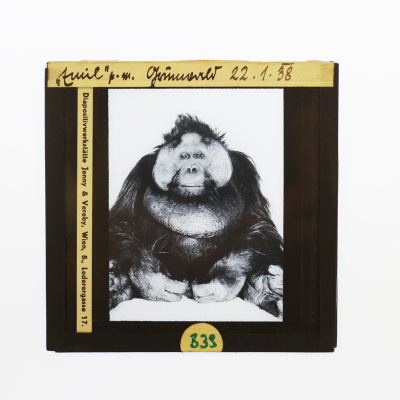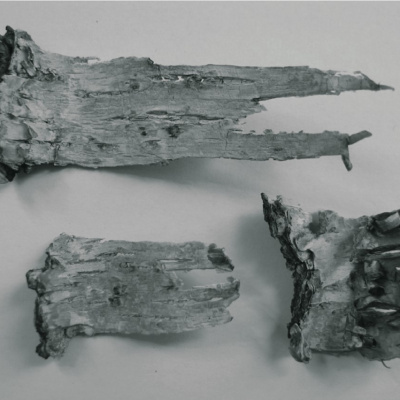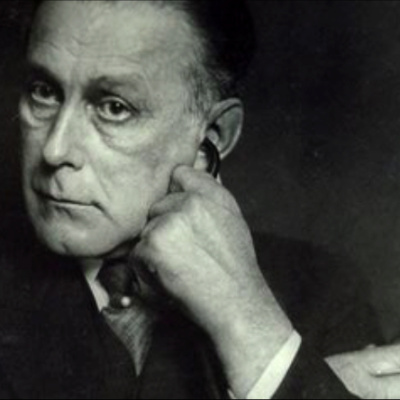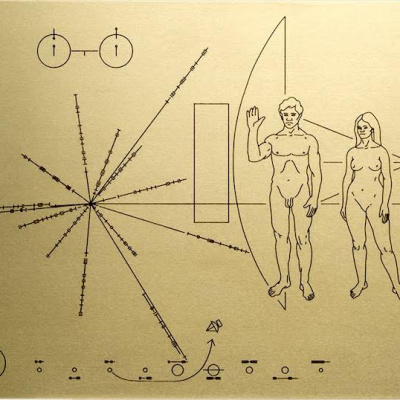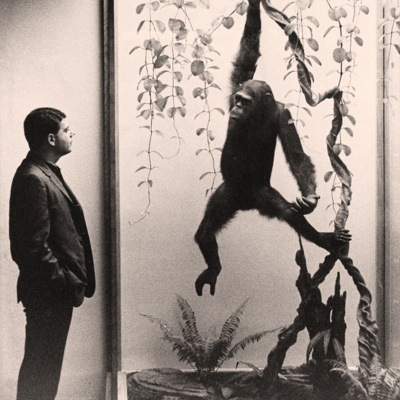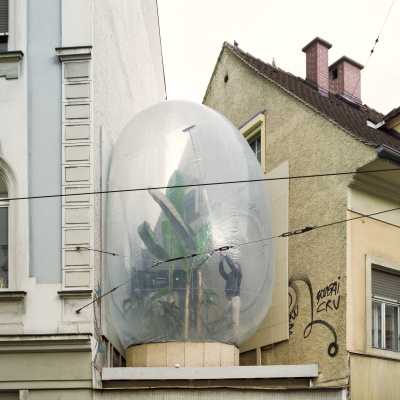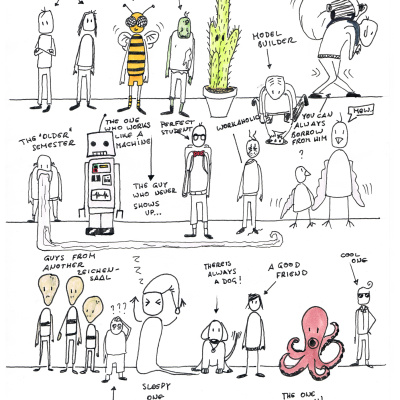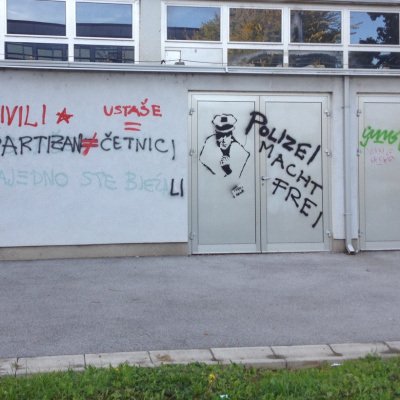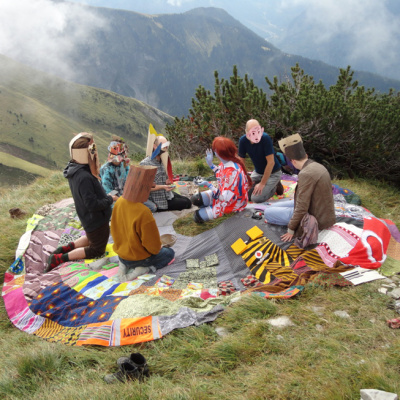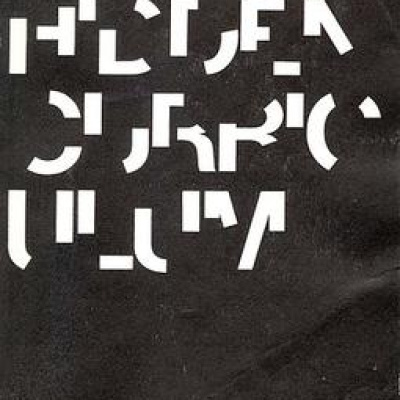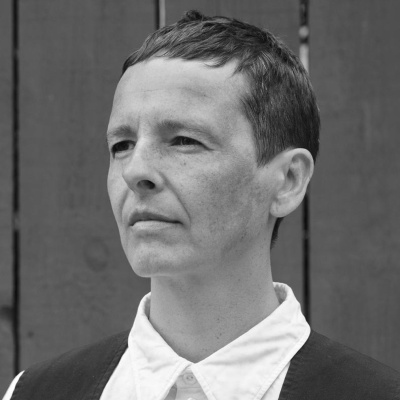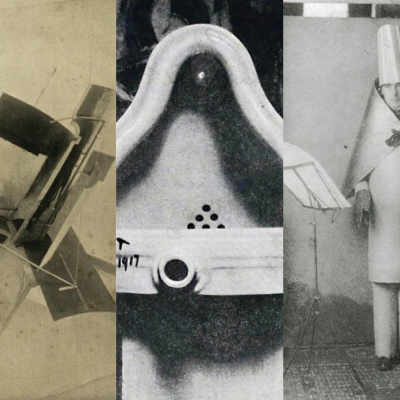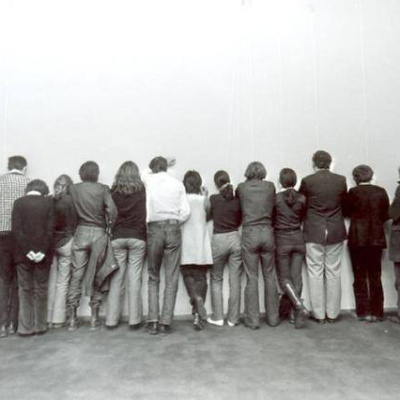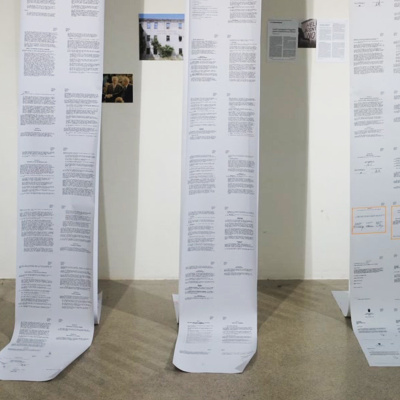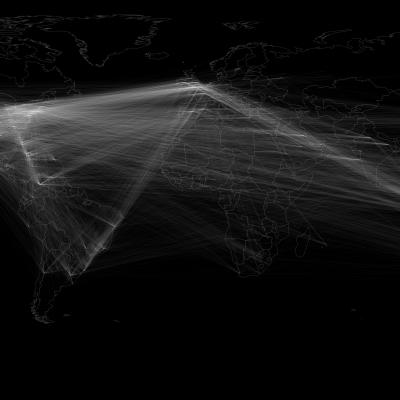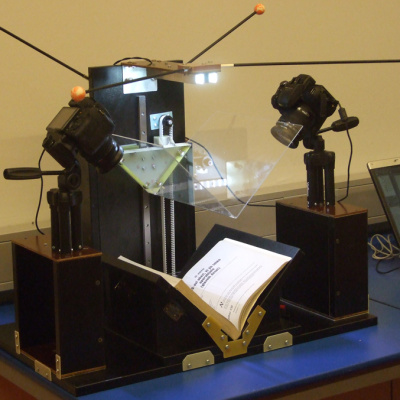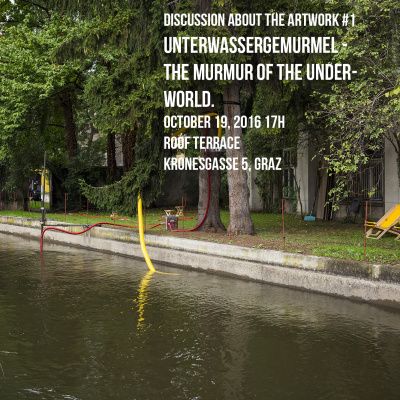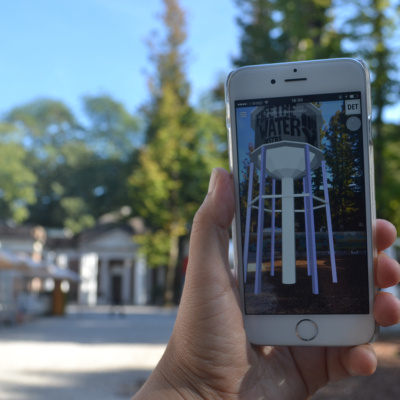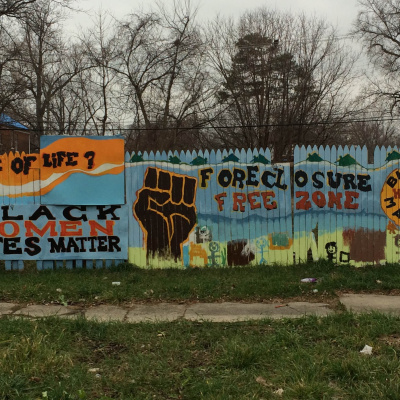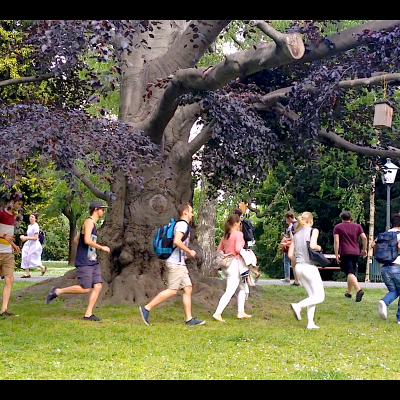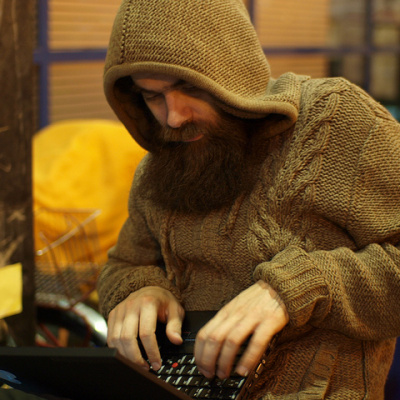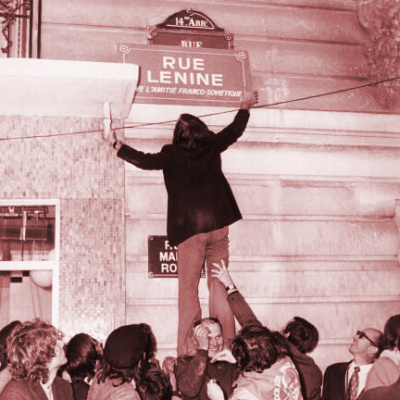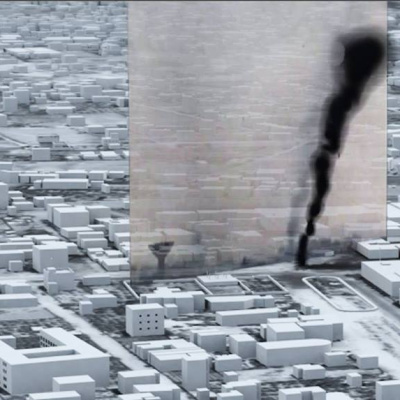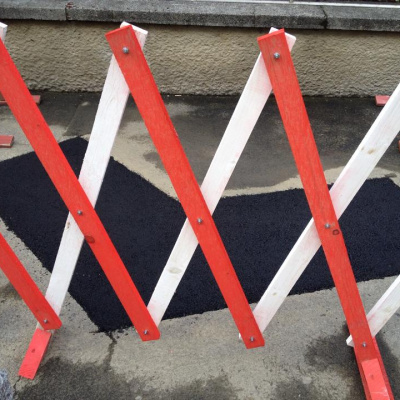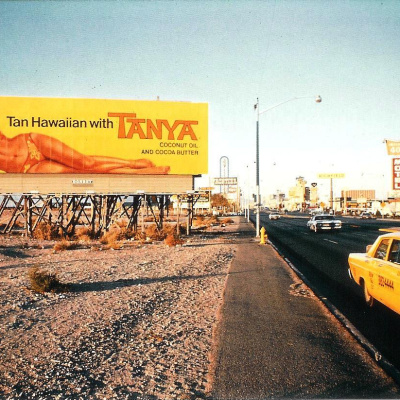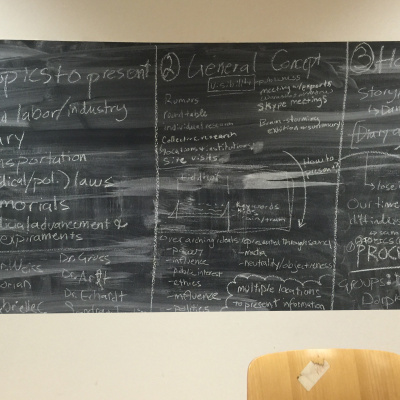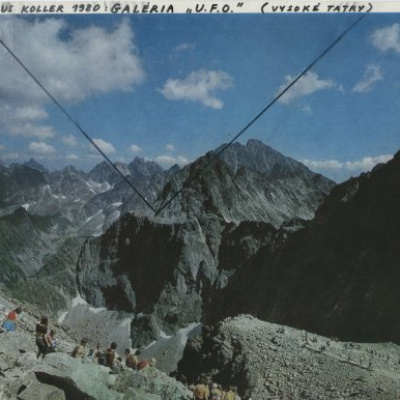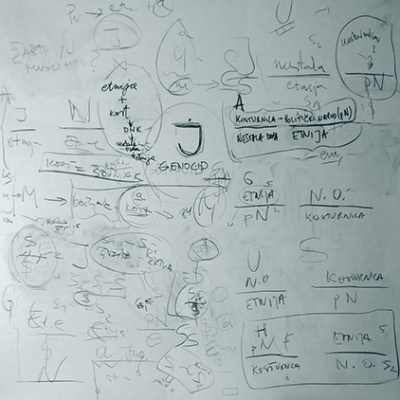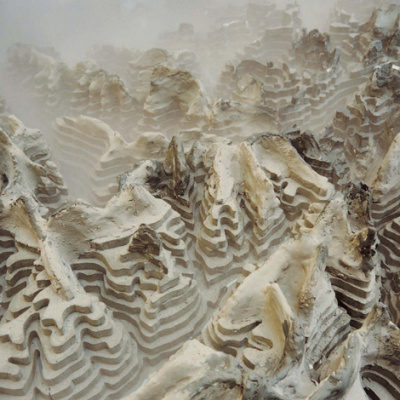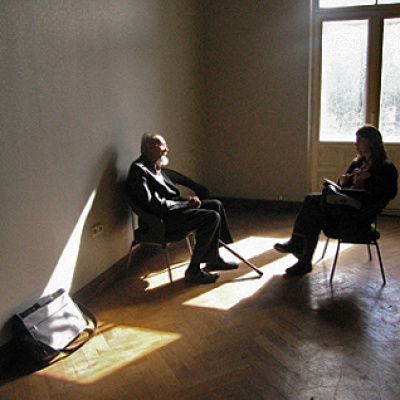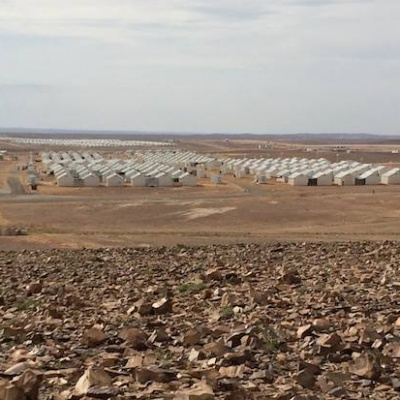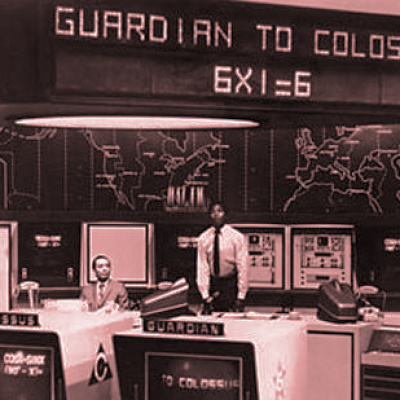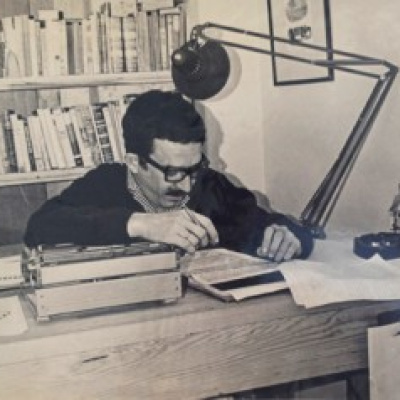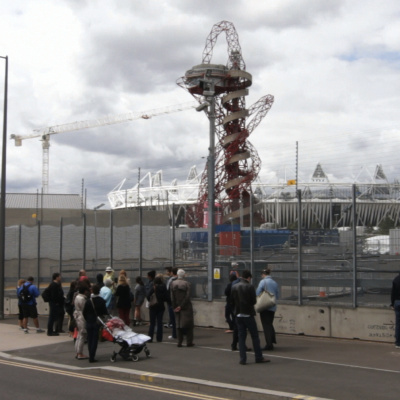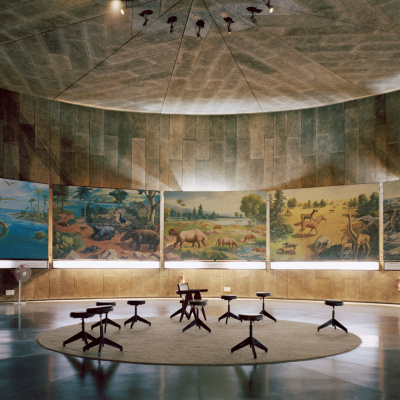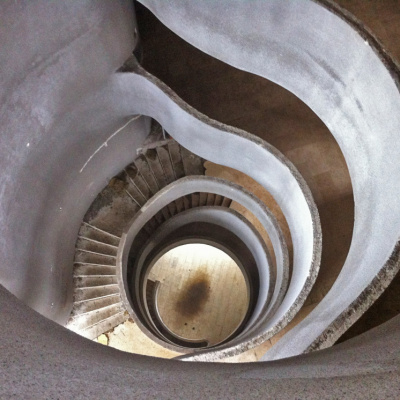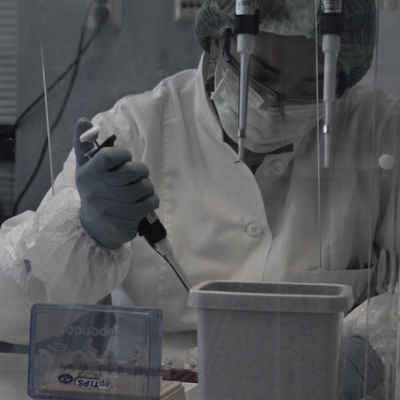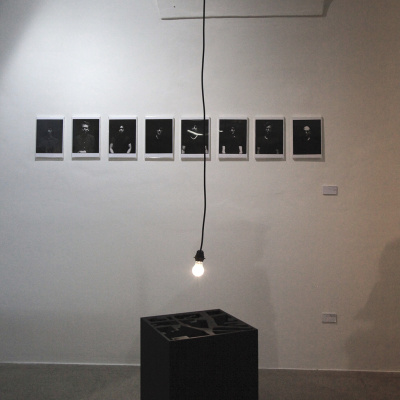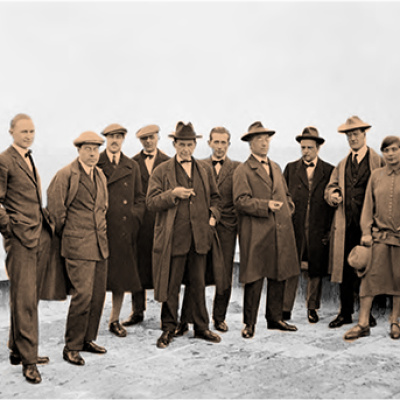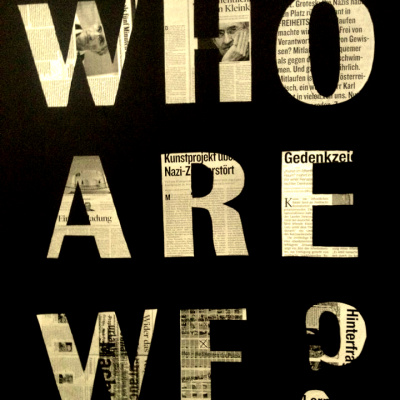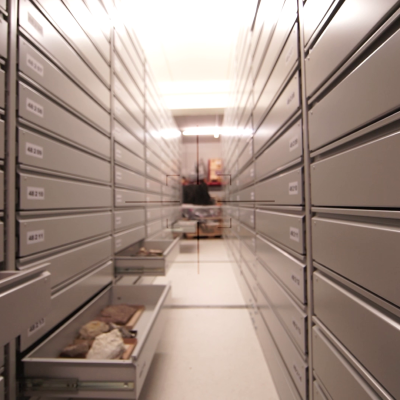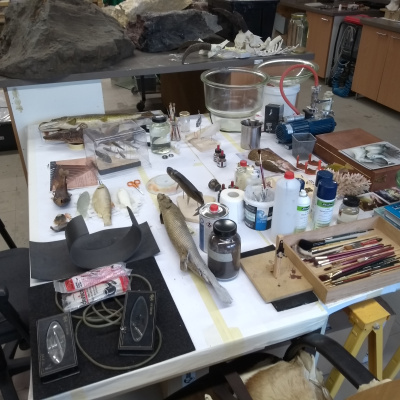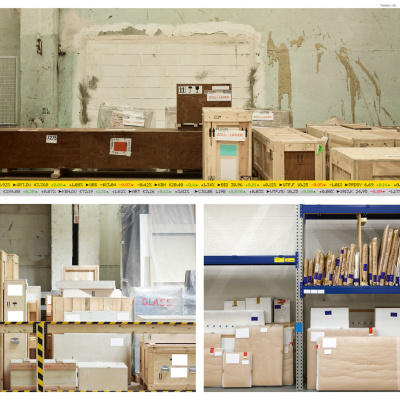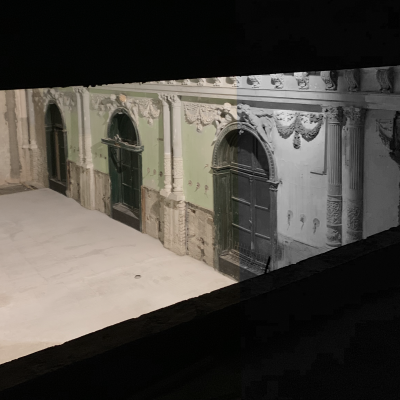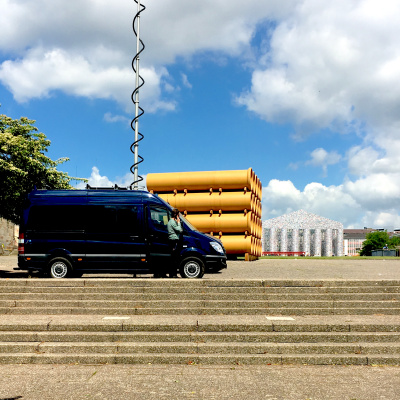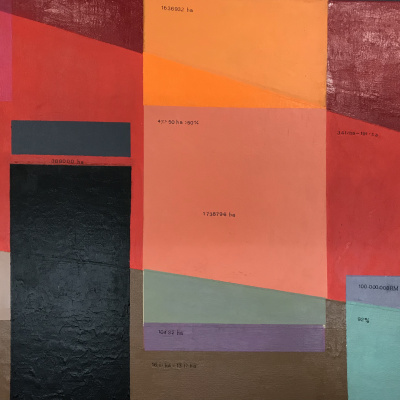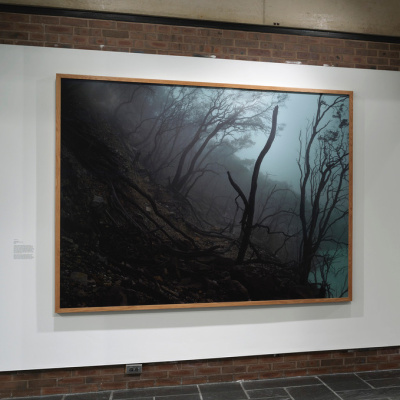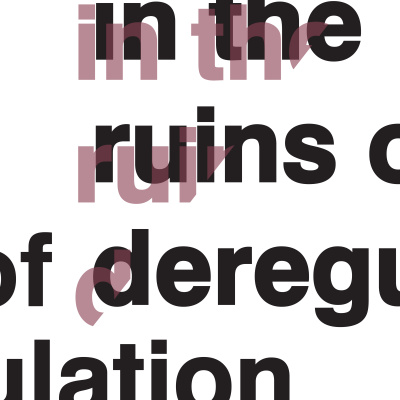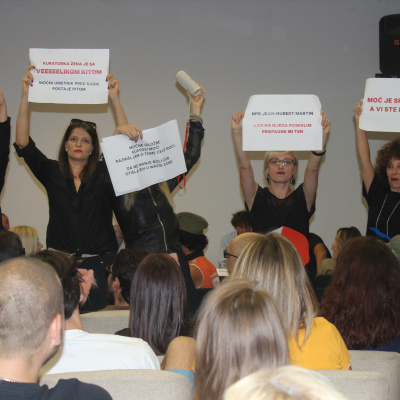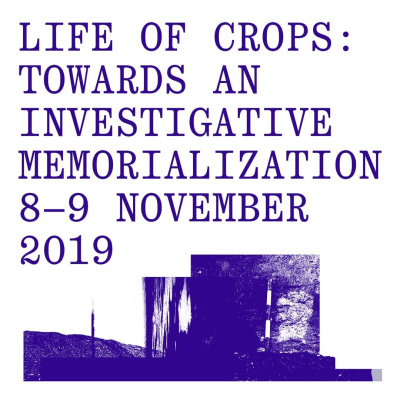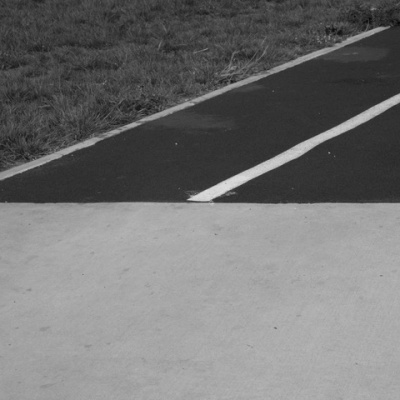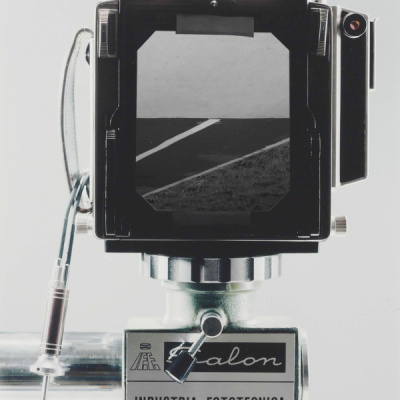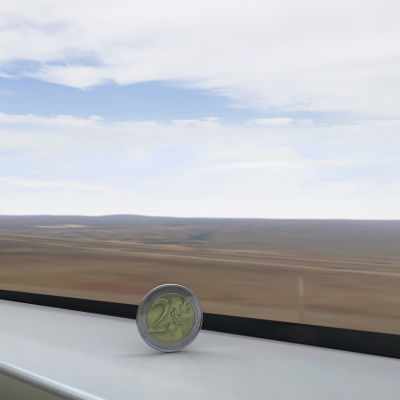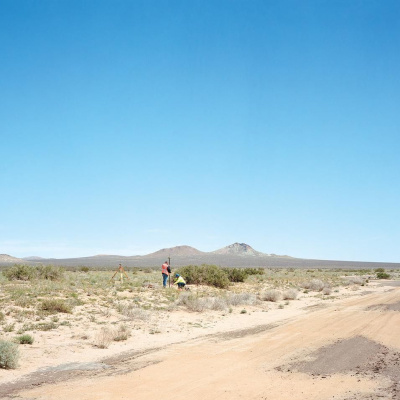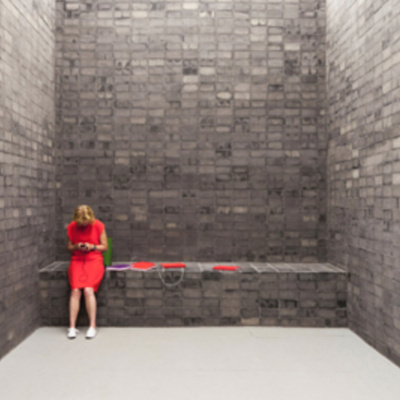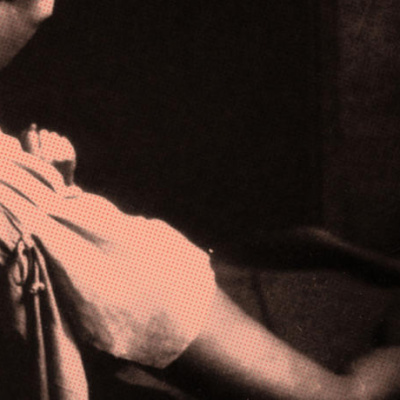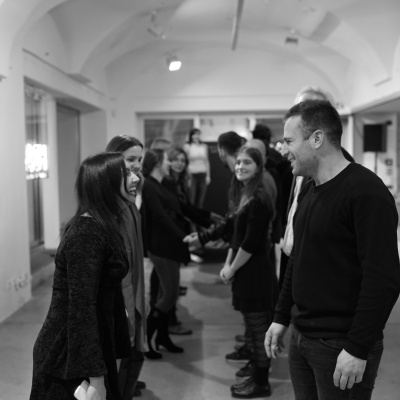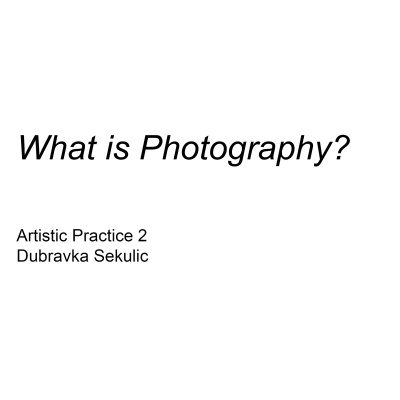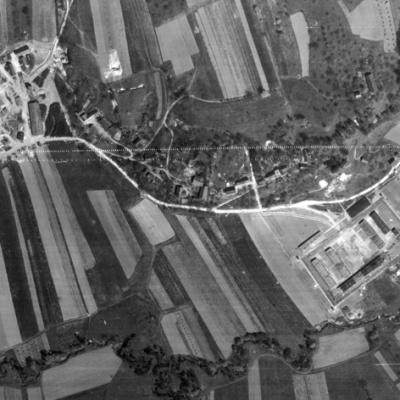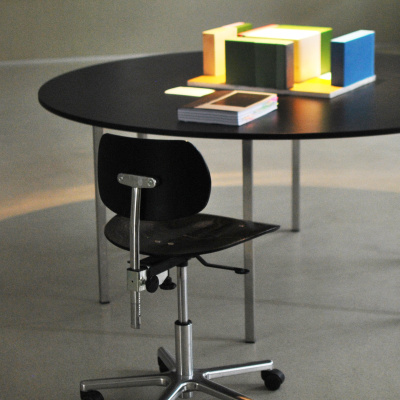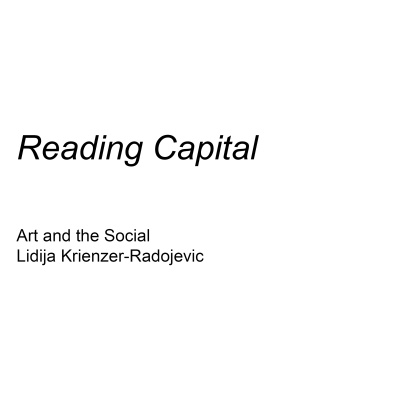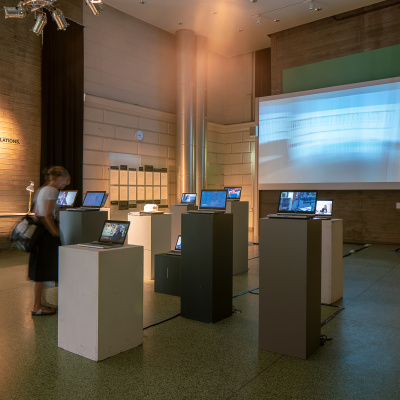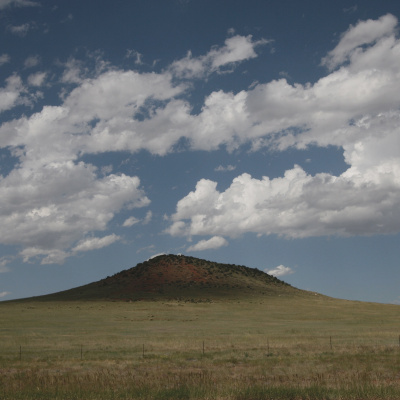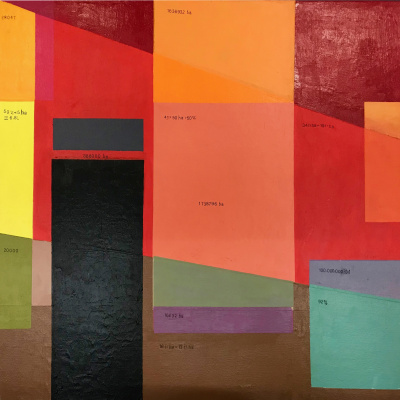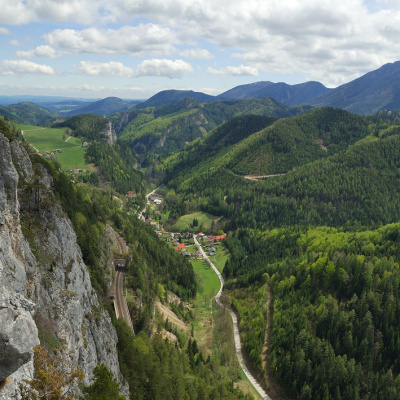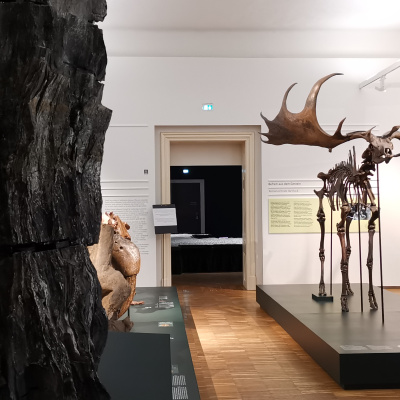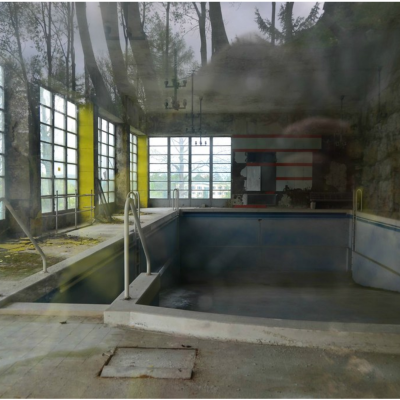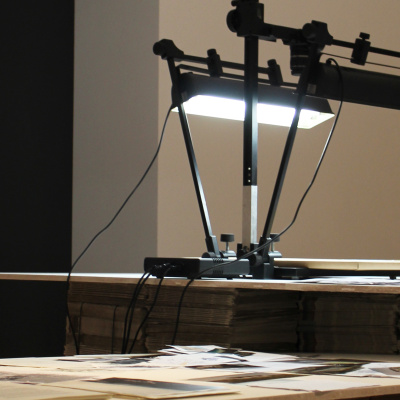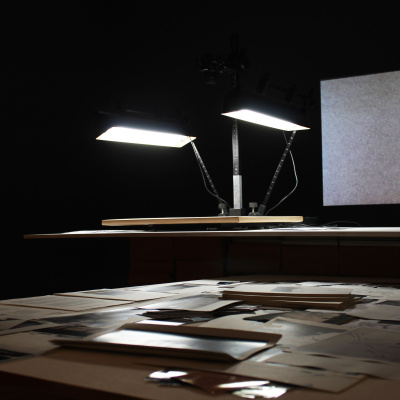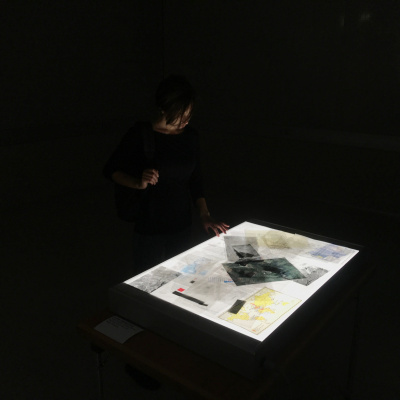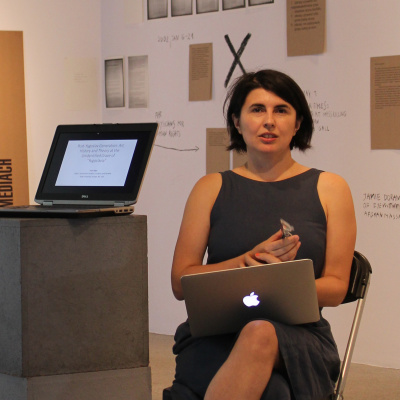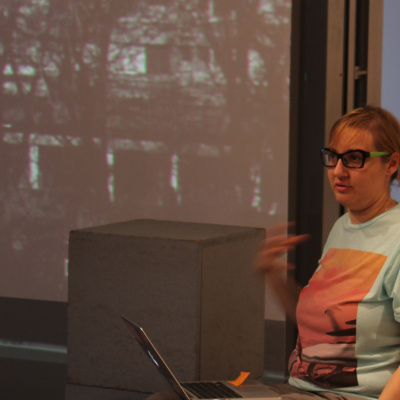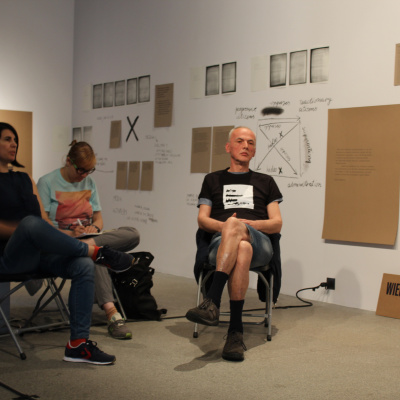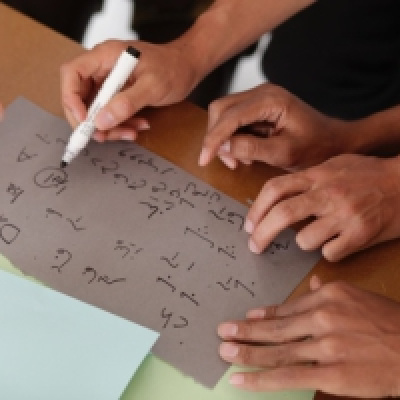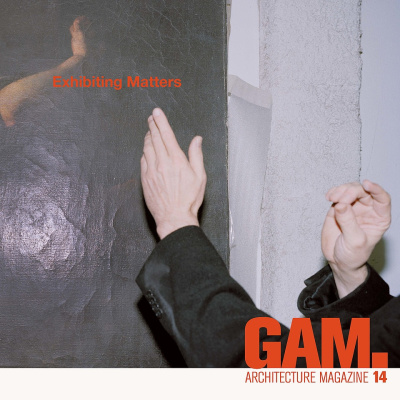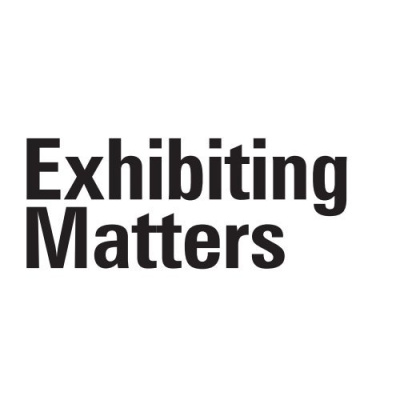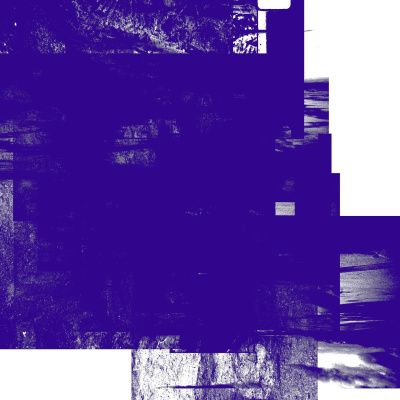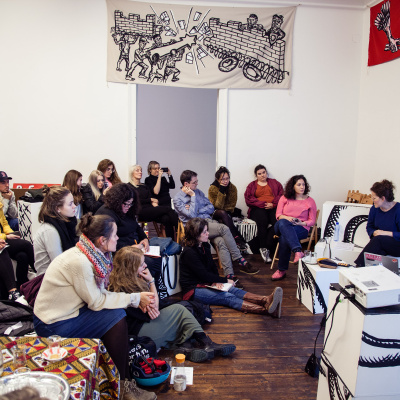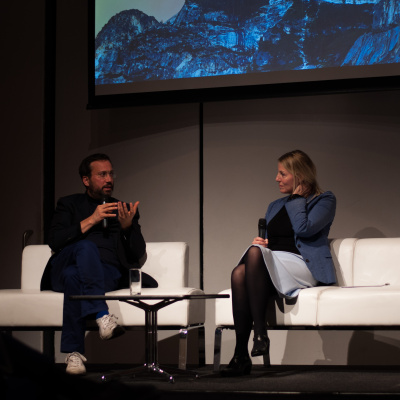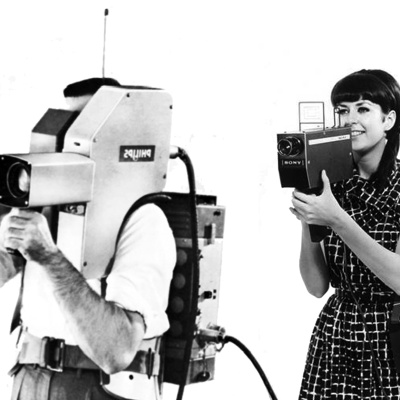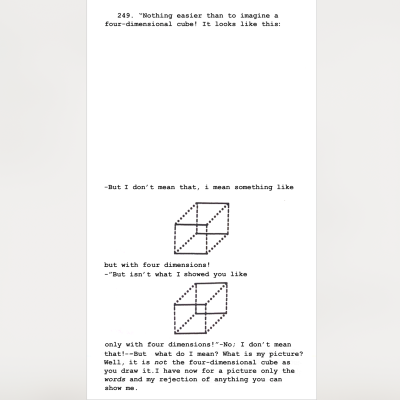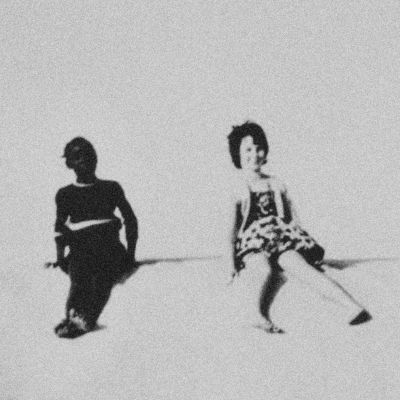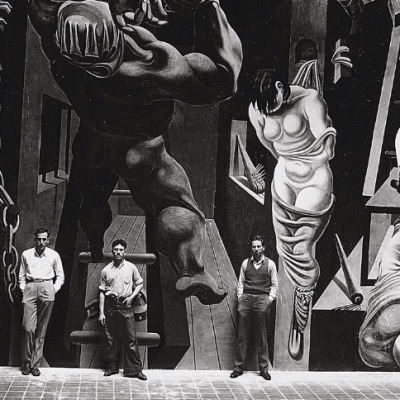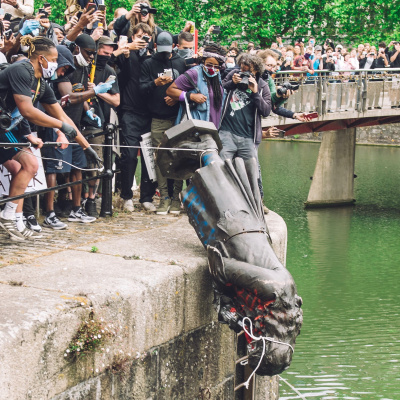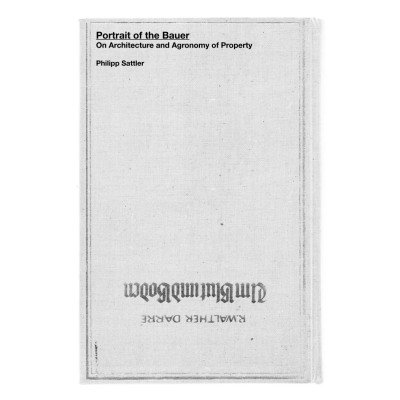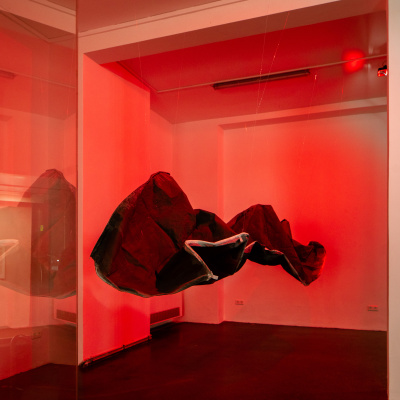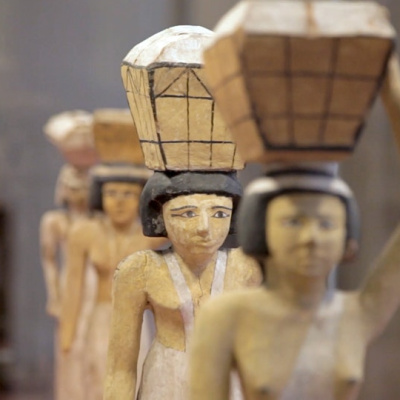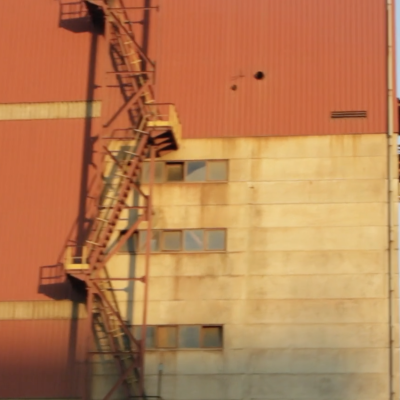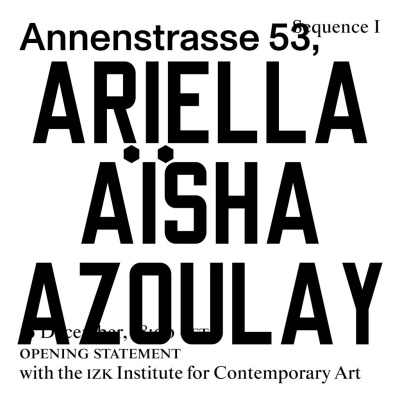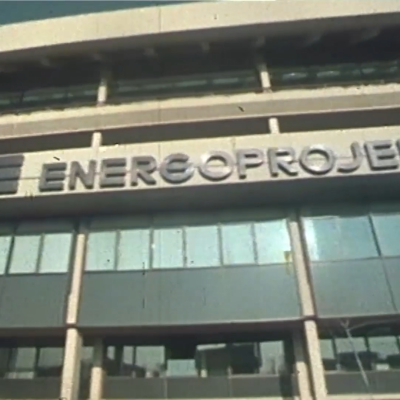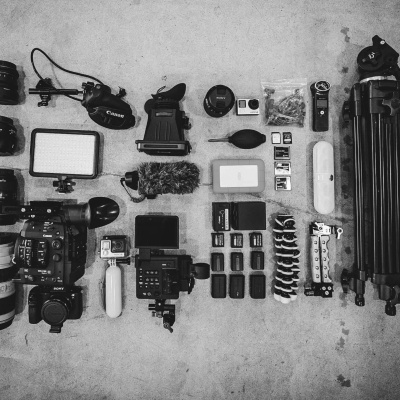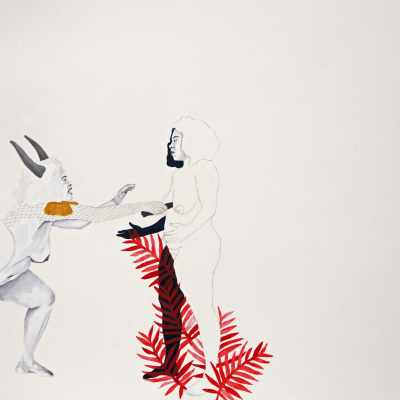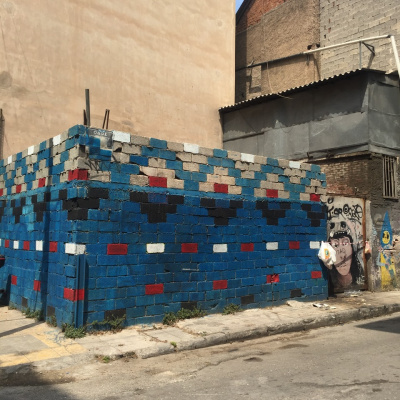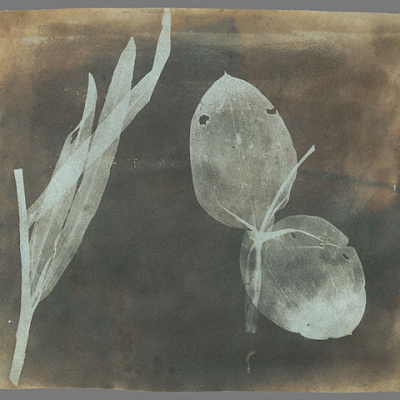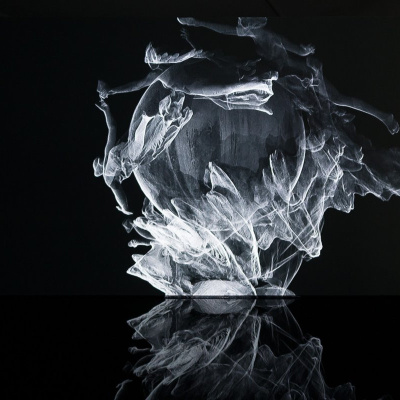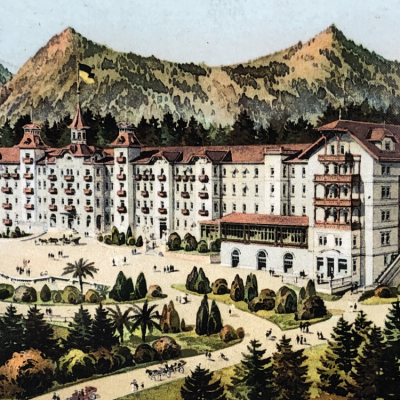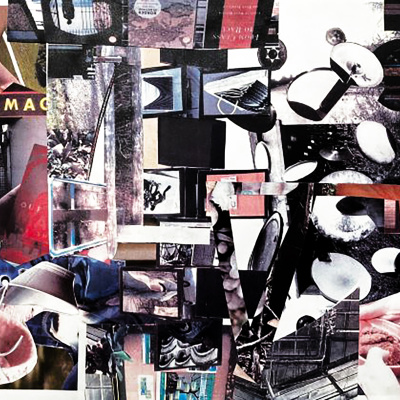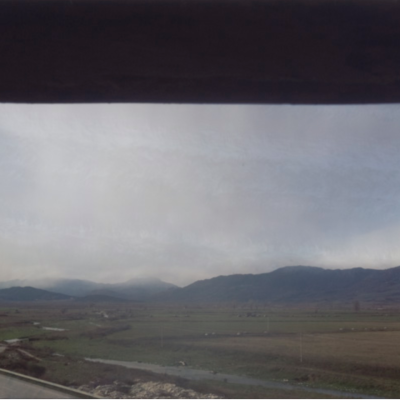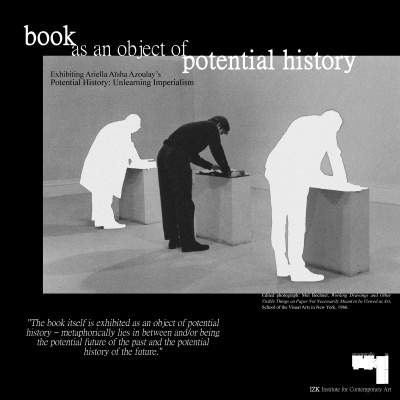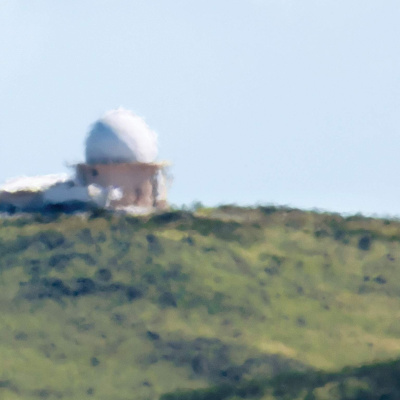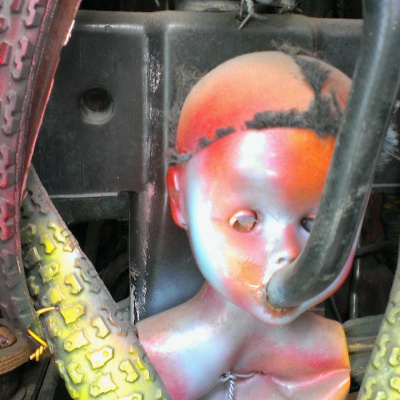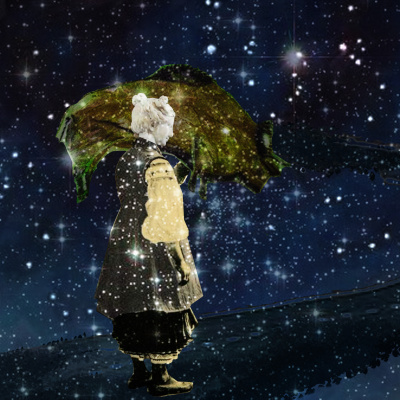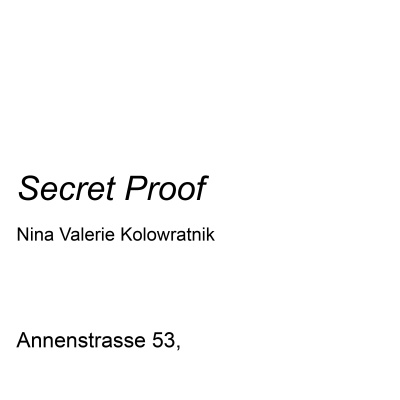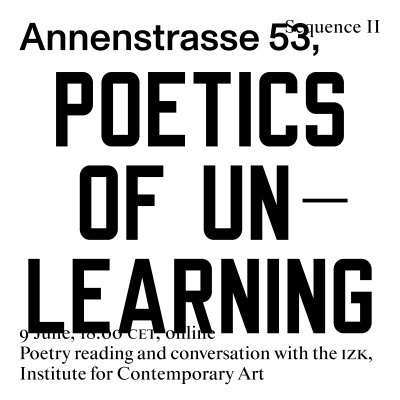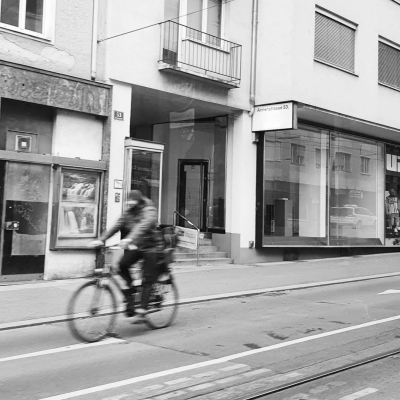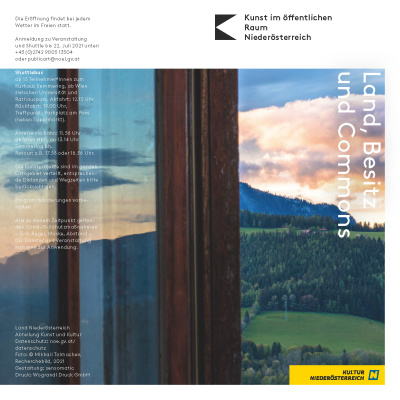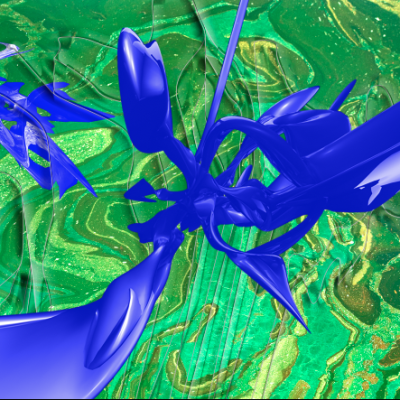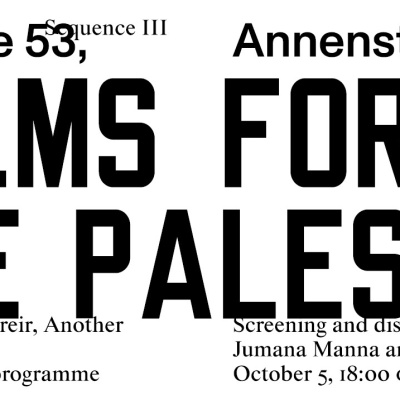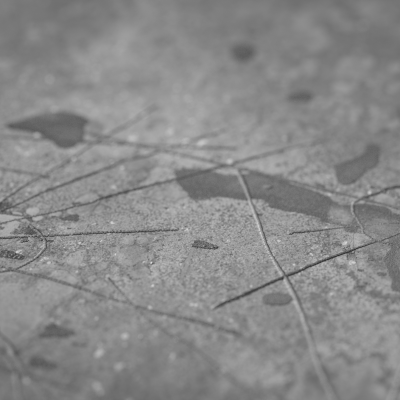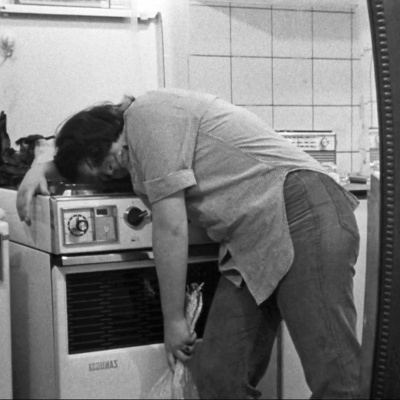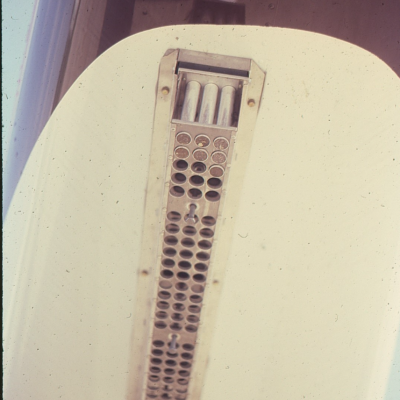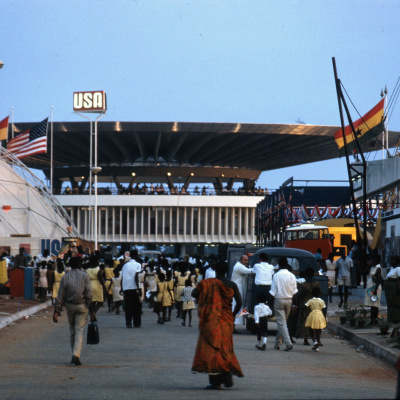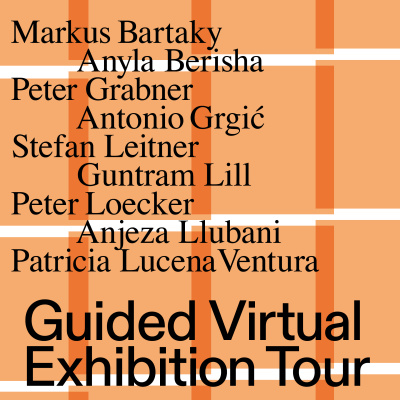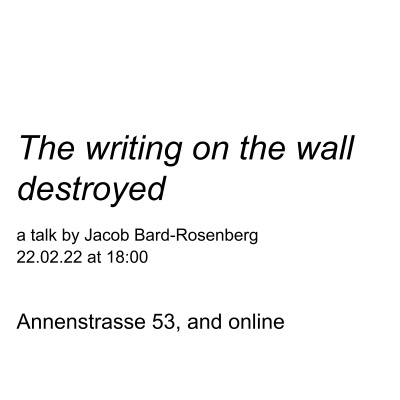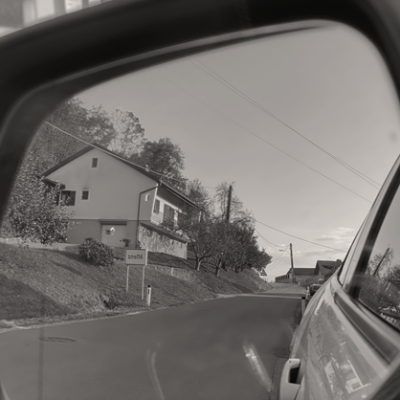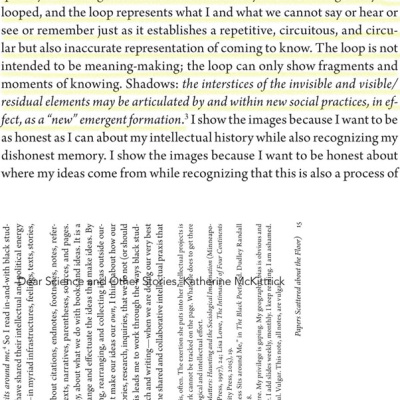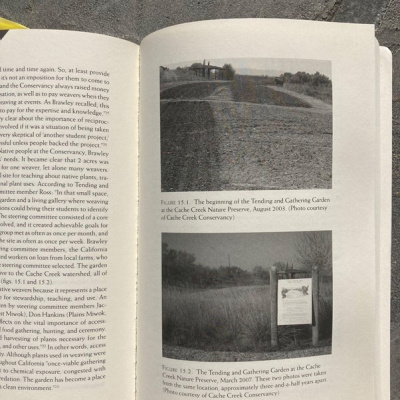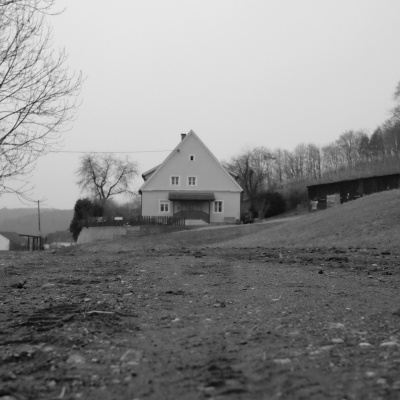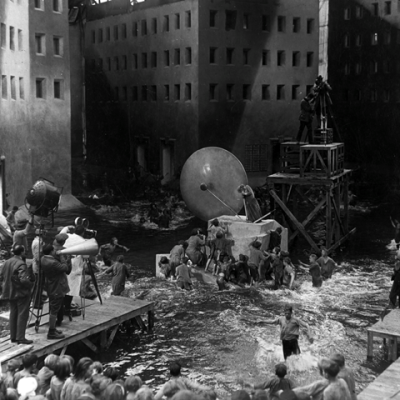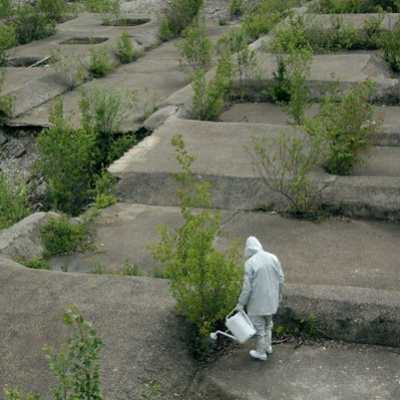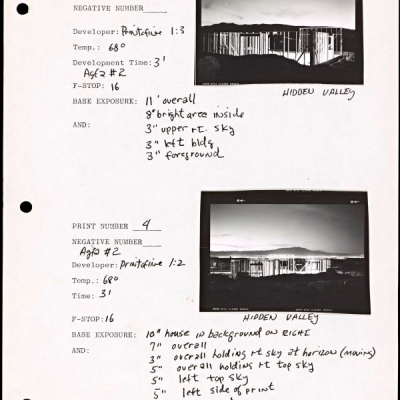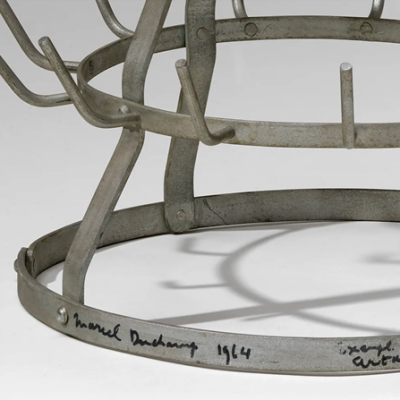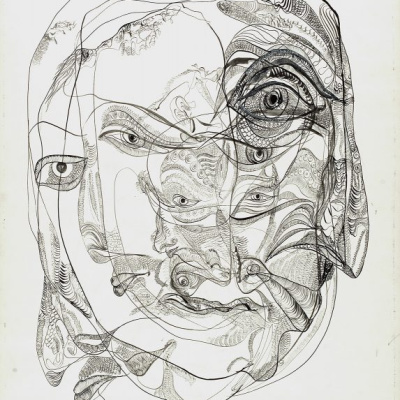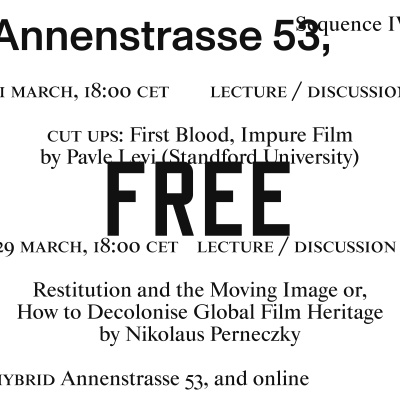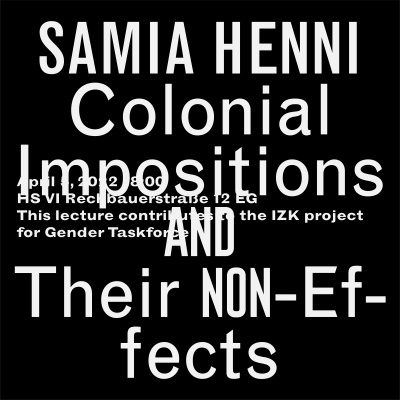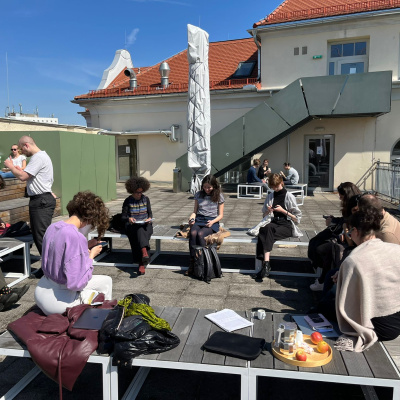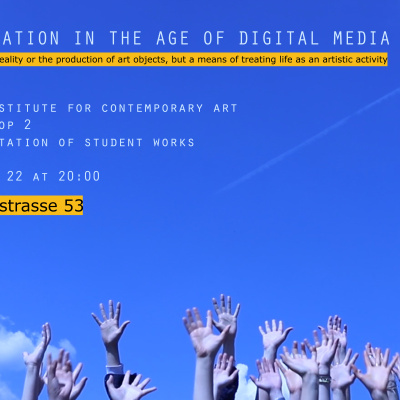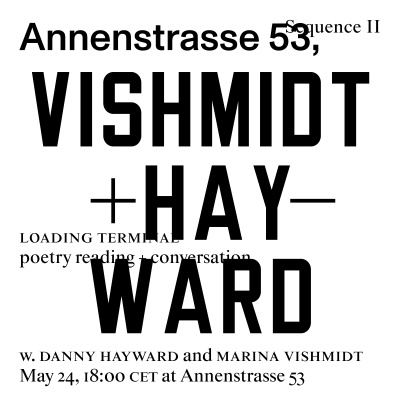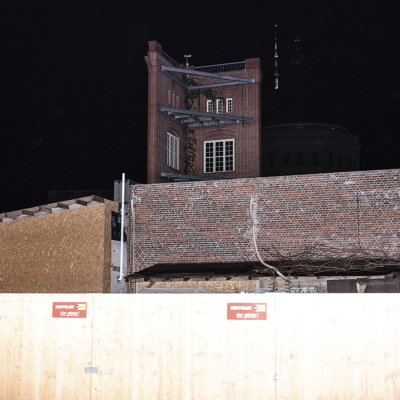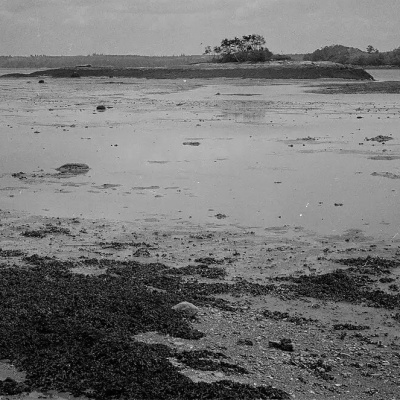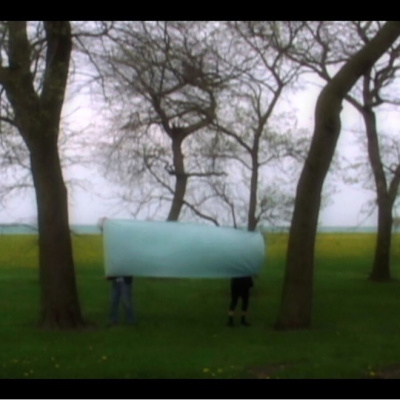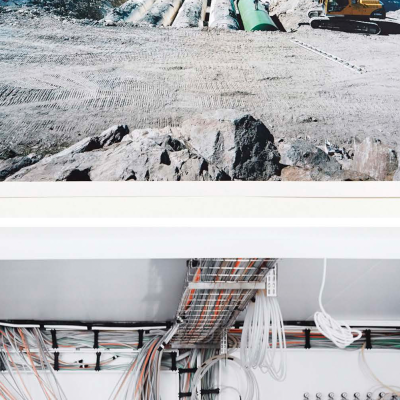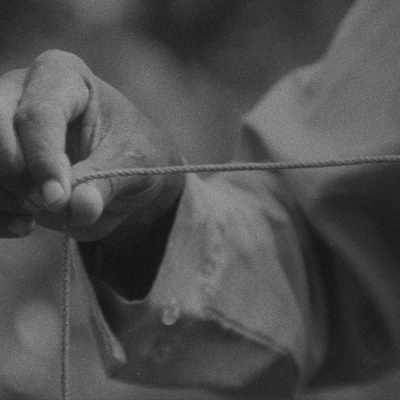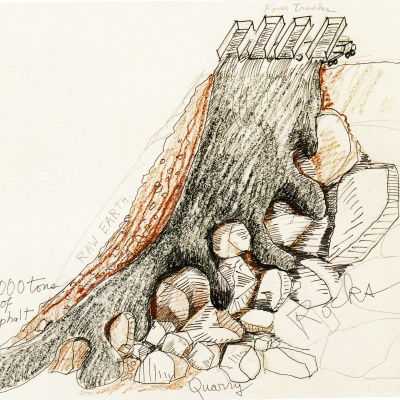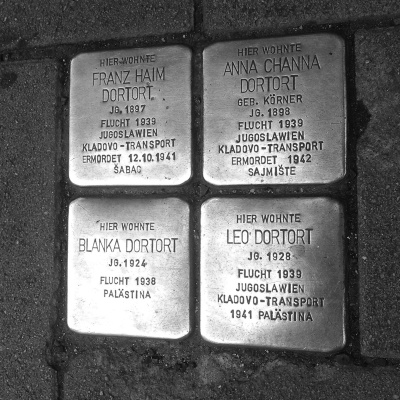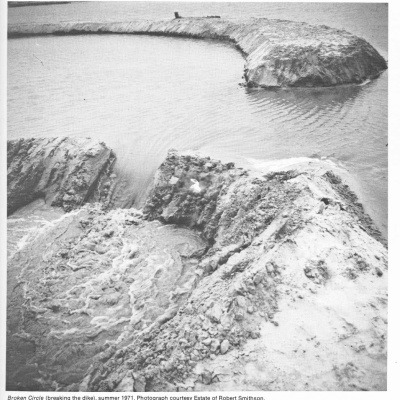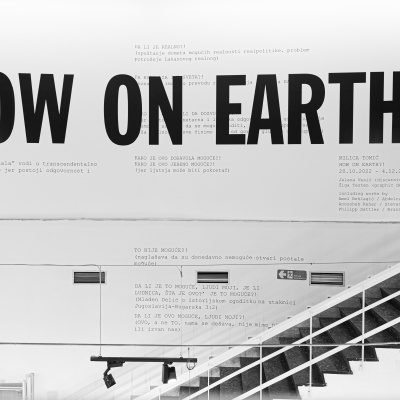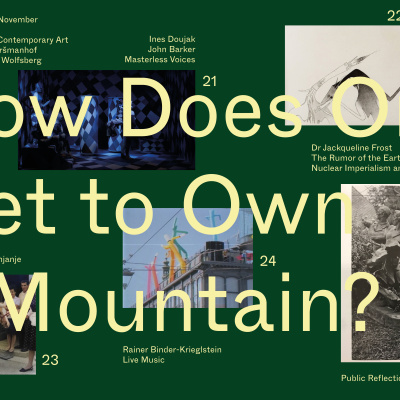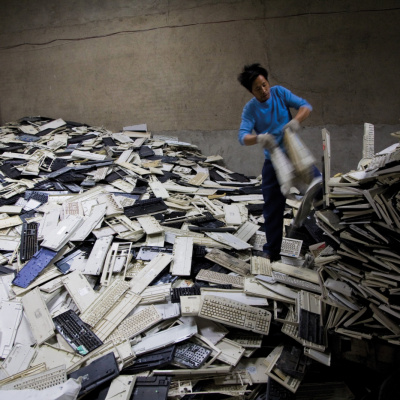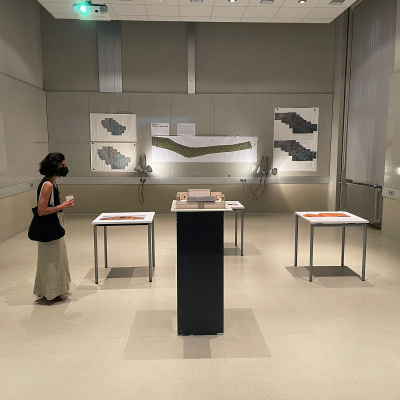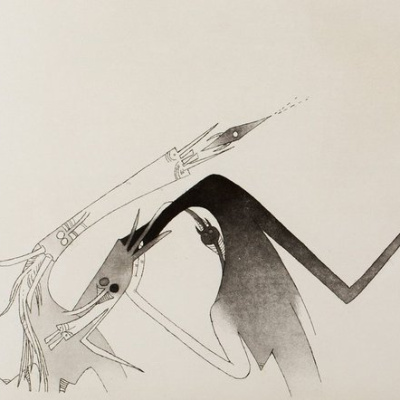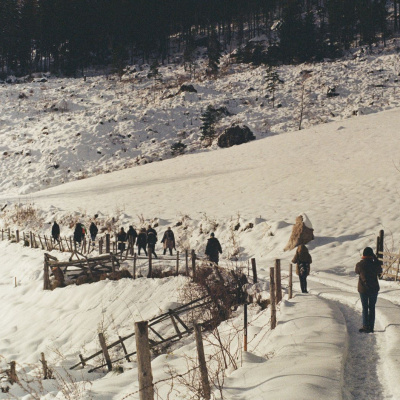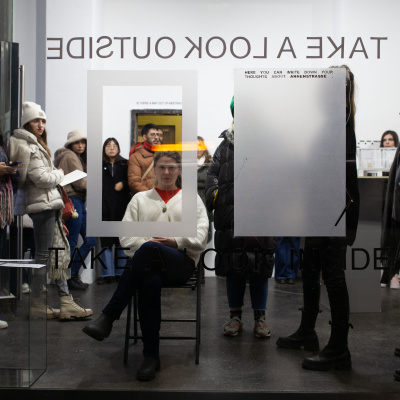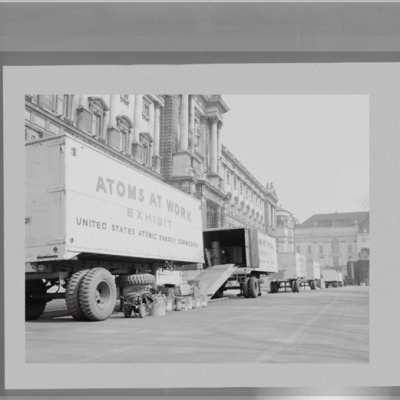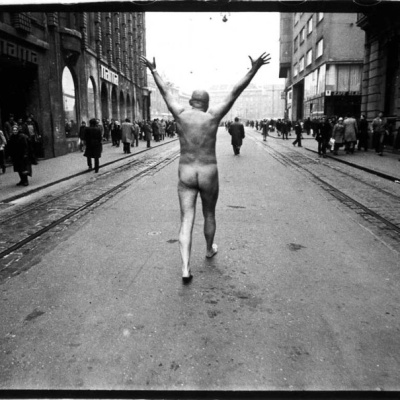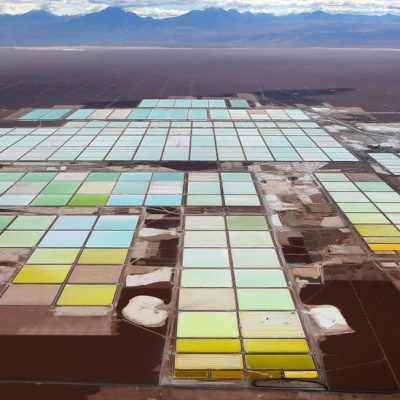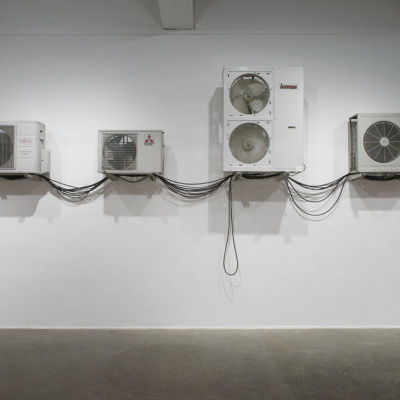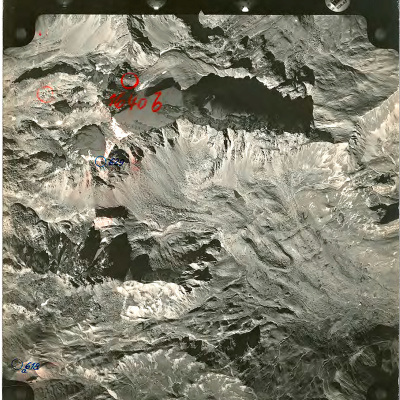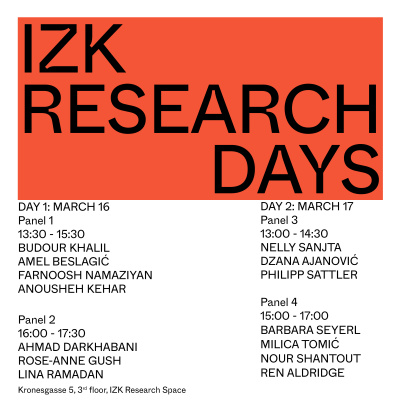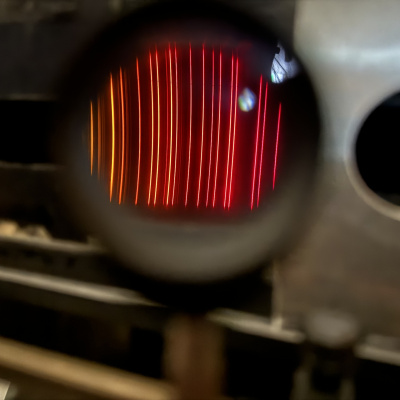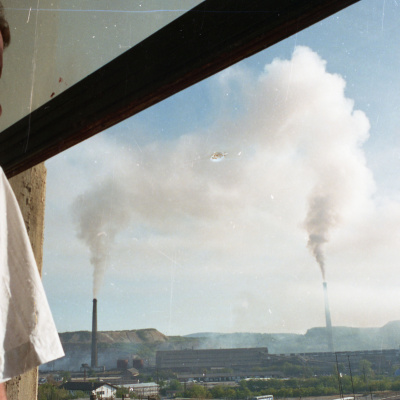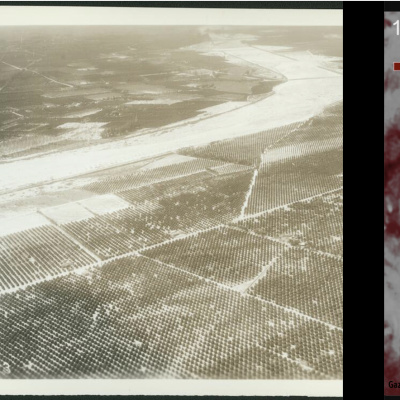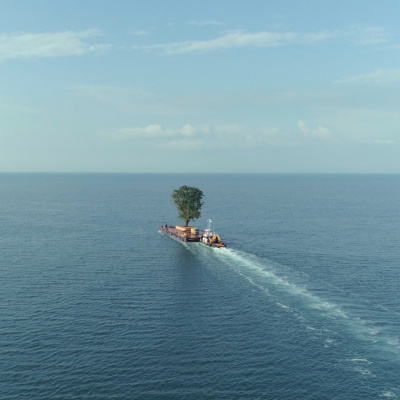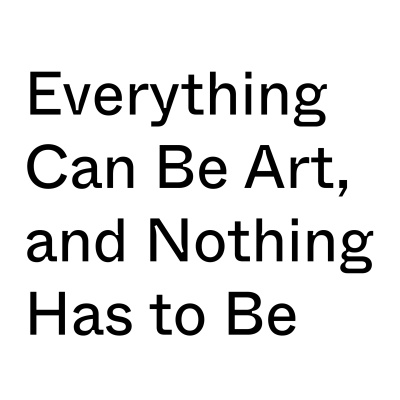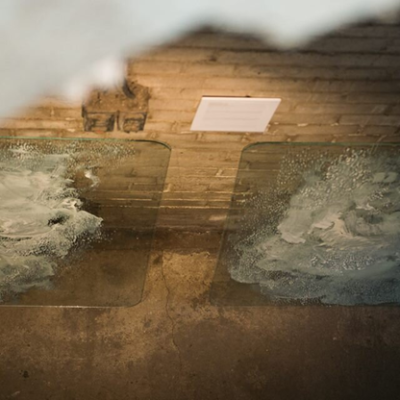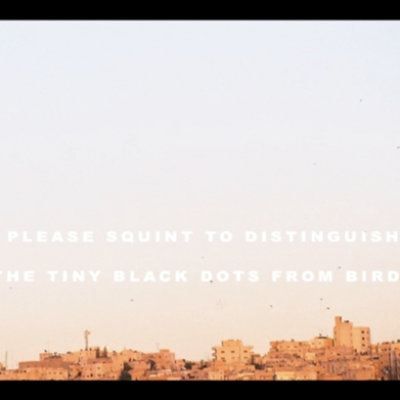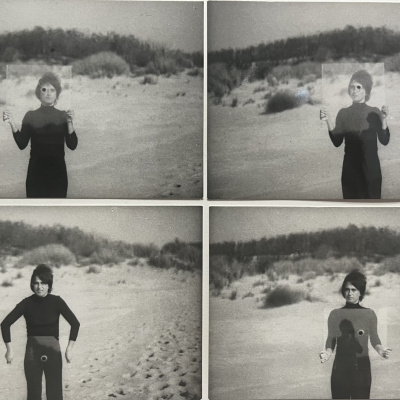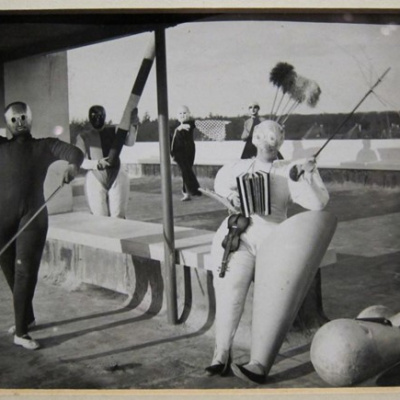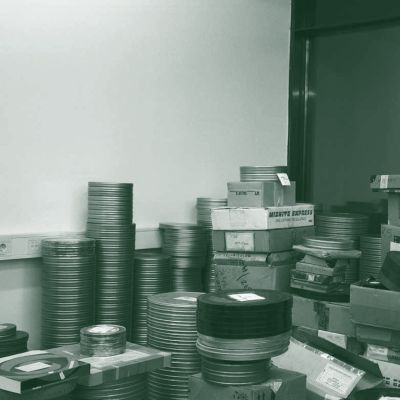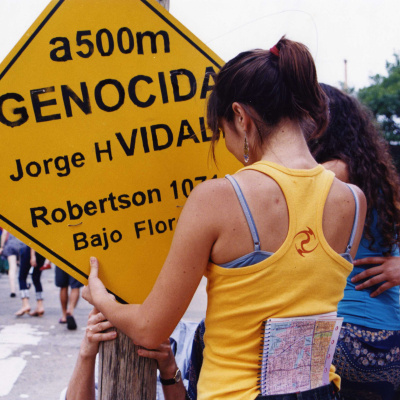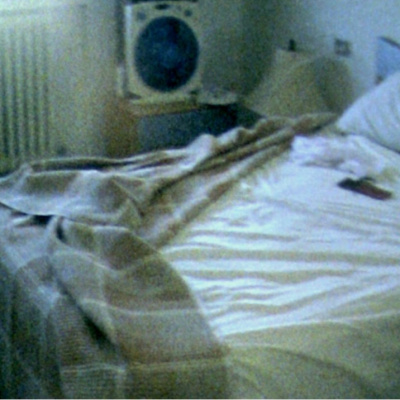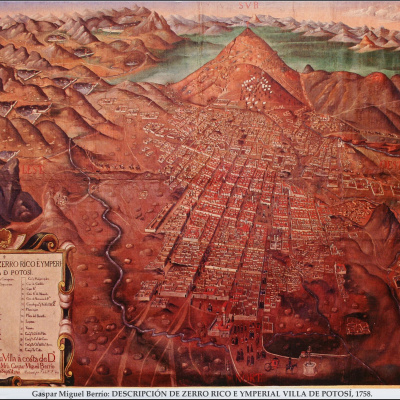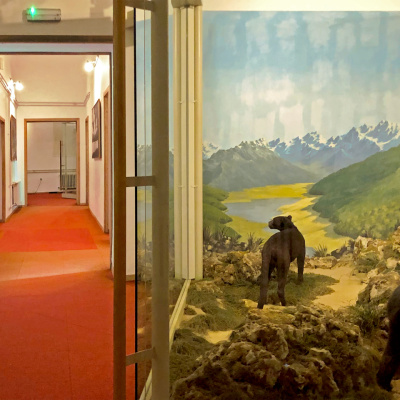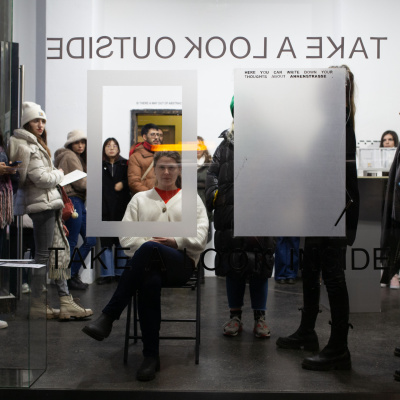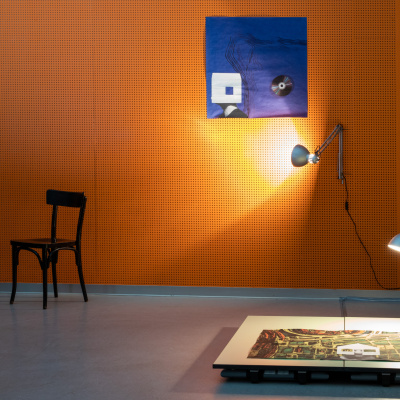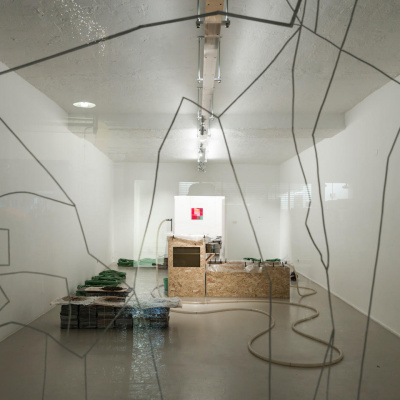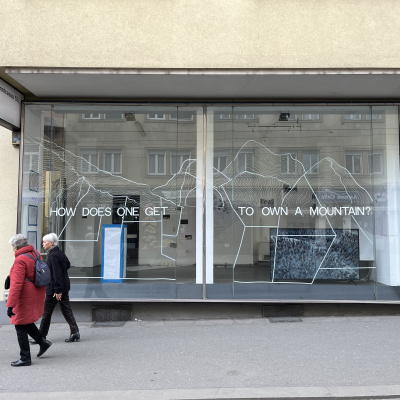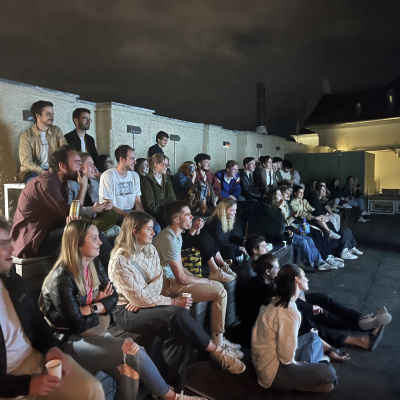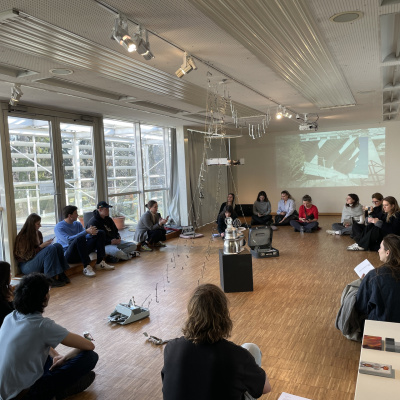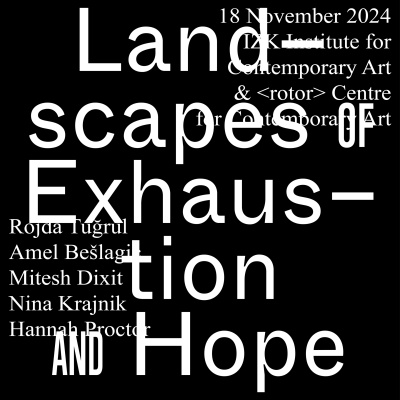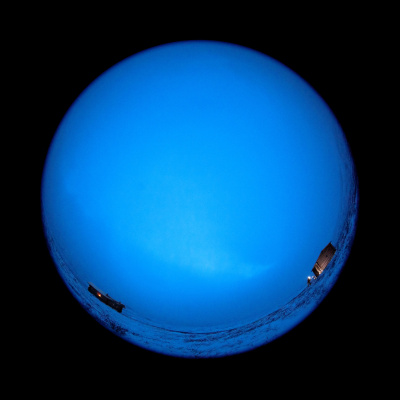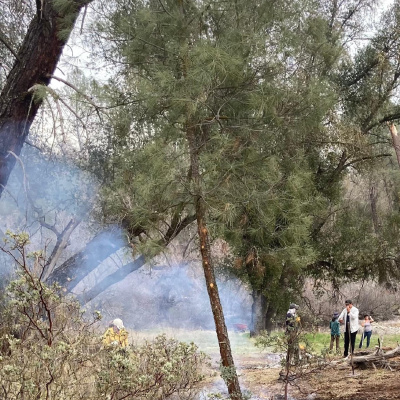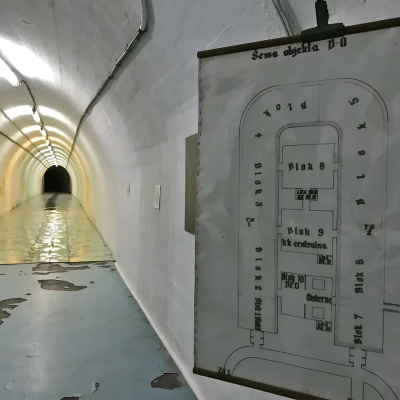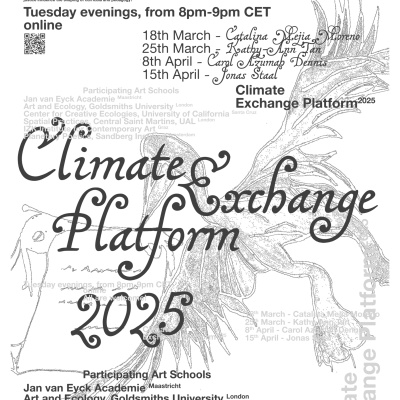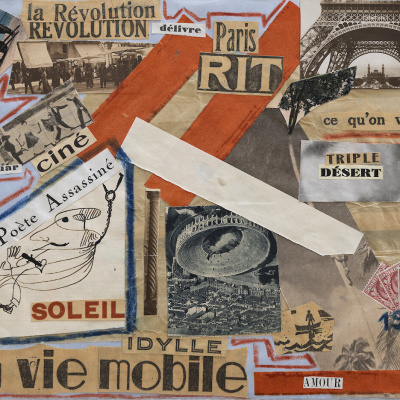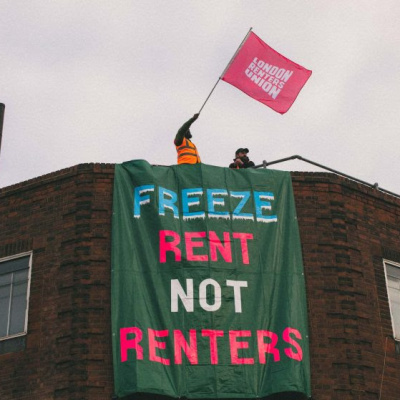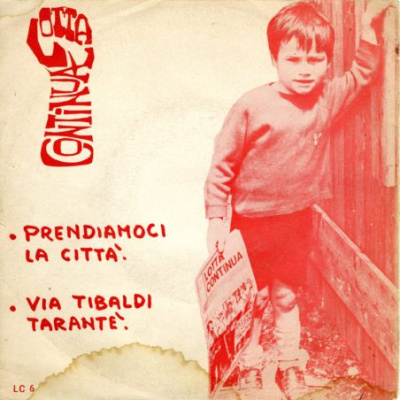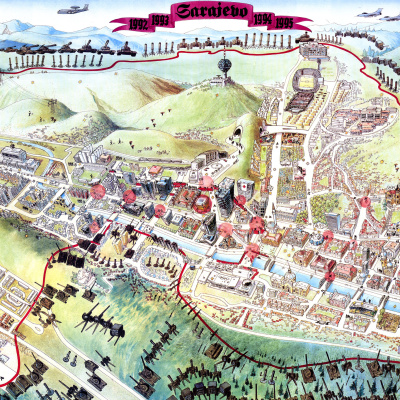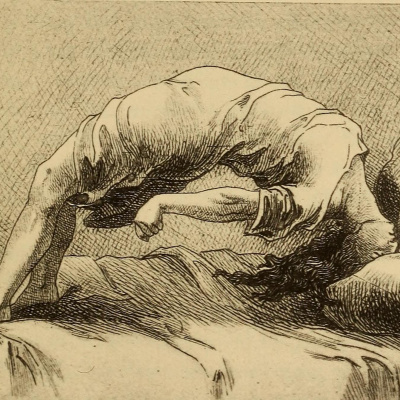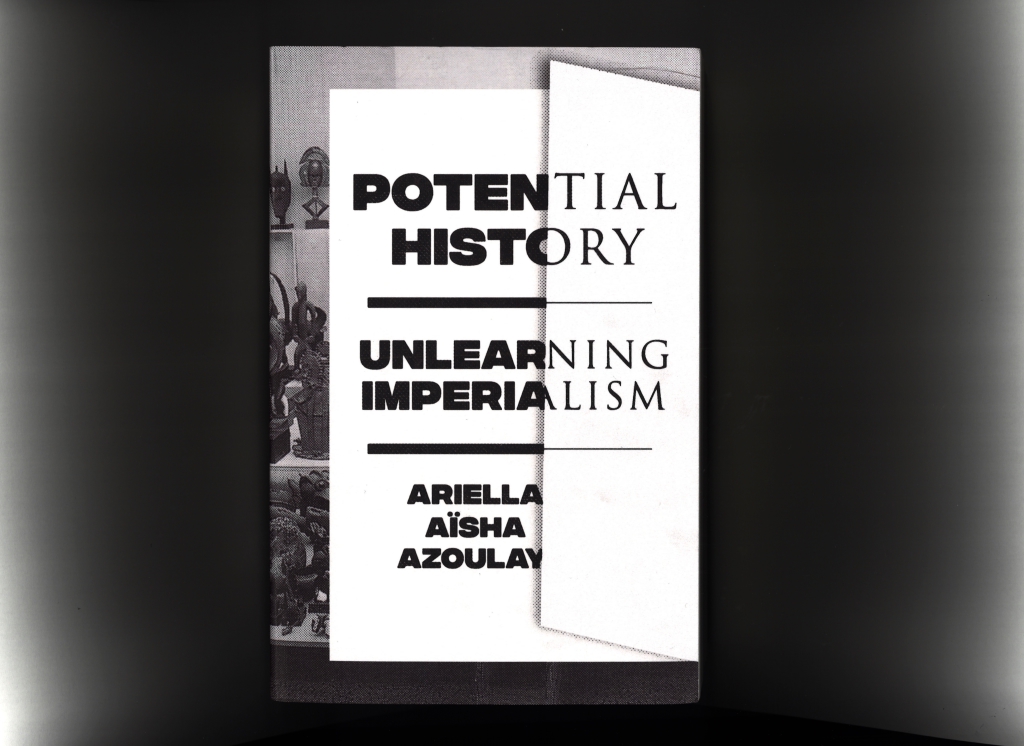
ARIELLA AÏSHA AZOULAY AND WAYNE MODEST WITH THE IZK – INSTITUTE FOR CONTEMPORARY ART
Wednesday 16 December, 18:00 CET, (online) conversation and screening
Annenstrasse 53 is an independent Exhibiting Space that mirrors and exposes discourses, ideas and teaching, taking place at the IZK - Institute for Contemporary Art at TU Graz. By dislocating teaching, research and investigations from the university to Annenstrasse 53, we, the IZK Collective, actively work towards a praxis that questions norms and encompasses a process of ‘unlearning’ within our teaching, research, artistic production, and exhibiting. In light of this, we want to conceptualise and practice exhibiting as a continuous, open-ended process, as the deliberate refusal of temporal closure. By slowly adding and subtracting objects, publications, artistic works and conversations within the exhibiting space, we aim to establish discourses in flux, connecting topics and positions, in relation with teaching and student work. Within this flux we position research as an investigative, transformative process, transformative for all involved.
Confronted with an exhibition space caught between production and representation, we consider it highly relevant to investigate and simultaneously present the possibilities and tensions between virtual and physical presence. In light of the need for a viable approach to physical experience, we see this simultaneous investigation and exposure as emphasised by the pandemic with its long months of physical distancing, and the disintegration of society at large. In our view, this process can produce a moment of ‘unlearning’, bringing forth sites for investigative (dis)play, media manifestations, and collaborations.
As a pivotal step to establish and articulate this praxis as a public matter we announce an Opening Statement of this Exhibiting Space. We invite and align with Ariella Aïsha Azoulay, who will introduce and discuss her book Potential History: Unlearning Imperialism (2019) with scholar and author, Wayne Modest. Within this event, we will also host an online collective screening of Azoulay’s recent film, Un-documented: Undoing Imperial Plunder. The conversation and screening will take place at 18:00 CET on December 16, 2020 via Zoom, and the film will be simultaneously installed at Annenstraße 53.
Azoulay argues that the institutions that are constitutive of our culture and civilization, from archives and museums to ideas of sovereignty and human rights as well as history itself, are all determined by imperialist logics. She writes, ‘Imperialism has segmented populations into differentially governed groups, continually emphasized the possibility of progress while it tries to destroy what came before, and voraciously seeks out the new by sealing the past away in dusty archival boxes and the glass vitrines of museums.’ Our project at Annenstraße 53 aims to follow Azoulay. We ask what kind of understanding and approach to an archiving practice can ‘unlearn’, and even ‘reverse’ the dominant and imperial modes of engagement that determine our professional habitus and existing practices in photography and archival work?
Ariella Aïsha Azoulay is Professor of Modern Culture and Media and the Department of Comparative Literature, Brown University, as well as being a curator and filmmaker. Her work focuses on the violence of imperial boundary making and suggests a hitherto underrecognized relationship between documented cultural artifacts and undocumented migrants. Her recent books include Potential History: Unlearning Imperialism (2019); Civil Imagination: The Political Ontology of Photography (2012); From Palestine to Israel: A Photographic Record of Destruction and State Formation, 1947-1950 (2011); and The Civil Contract of Photography (2008). She is the curator of Errata, Fundació Antoni Tàpies, 2019; Act of State 1967-2007, Centre Pompidou, 2016; Enough! The Natural Violence of the New World Order, F/Stop festival, Leipzig, 2016; and The Natural History of Rape, Pembroke Hall, Brown University, 2016.
Wayne Modest is the head of the Research Center of Material Culture in the Netherlands, and professor of Material Culture and Critical Heritage Studies (by special appointment) in the faculty of humanities at the Vrije Universiteit, Amsterdam (VU). He has held visiting scholar positions at the Yale Centre for British Art, Yale University and the School for Museums Studies, New York University. Modest’s work is driven by a concern for more historically contingent ways of understanding the present, especially in relation to material culture/museum collections. His research interests include issues of belonging and displacement; material mobilities; histories of (ethnographic) collecting and exhibitionary practices; difficult/contested heritage (with a special focus on slavery, colonialism and post-colonialism); Caribbean Thought. More recently Modest has been researching and publishing on heritage and citizenship in Europe with special attention for urban life, and on ethnographic museums and questions of redress/repair. He has published Museums and Communities: Curators, Collections, Collaborations (Bloomsbury Academic Publishers, ed. with Viv Golding, 2013) and Museums, Heritage and International Development (Routledge, ed. with Paul Basu, 2013), as well as, ‘We’ve Always Been Modern: Museums, Collections and Modernity.’ Museum Anthropology 35 (1) 2012, among others.
Un-Documented – Unlearning Imperial Plunder
A film by Ariella Aïsha Azoulay
Un-Documented shows that there is a strong connection between the plundered objects in European museums and the calls of asylum seekers trying to enter the countries of their former European colonizers: these are twinned migrations. The first migration is of the objects, generating professional care, scrupulous documentation, and generous hospitality in museums and archives: they are the (relatively) well-documented. The second migration is of people who do not have the documents that would allow them access to care and hospitality, and the documents they need to rebuild their homes and worlds.
The theft of people’s objects leaves them endangered. The forced migration of objects is not separate from the forced migration of people who are forced to seek a home in the places where their objects are preserved. As such, migrants and asylum seekers are falsely perceived “objectless” and deemed “undocumented” by border regimes. As the “undocumented,” they are denied free movement and unduly criminalized.
Against Alain Resnais and Chris Marker’s film Statues Also Die— Un-Documented argues that statues plundered from imperial exhibitions do not die. It’s true that those who plundered millions of statues and objects, isolating them far from their communities in museum vitrines, should be charged with the attempted murder of these objects. The objects, however, survived and still stand alert, even when they are confined to glass cases and imperial archives, awaiting reunion with their people, elsewhere or here. The rights of the “undocumented” are inscribed in the plundered objects themselves: colonizers stole not just statues, but rights inscribed in objects. Yet, the statues still live—and can be reclaimed and the rights inscribed in them renewed.
Part 1: The Right to Live Nearby One’s Objects (11 min)
Script and director: Ariella Aïsha Azoulay
Voice and Music composed and performed by Edoheart
Camera: Bona Manga Bell
Production: Eyal Vexler
Editing & Graphics: Claudia Yile
Sound editor: Ziad Fayed
Part 2: Unconditional Disowning (11 min)
Script and director: Ariella Aïsha Azoulay
Voice and Music composed and performed by Awori
Camera: Bona Manga Bell
Production: Eyal Vexler
Editing & Graphics: Claudia Yile
Sound editor: Ziad Fayed
Part 3: The Gift (12 min)
Script and director: Ariella Aïsha Azoulay
Voice and Music composed and performed by Moor Mother
Camera: Bona Manga Bell
Production: Eyal Vexler
Editing & Graphics: Claudia Yile
Sound editor: Ziad Fayed
The Opening Statement of Ariella Aïsha Azoulay is translated into an exhibiting format at Annenstrasse 53 and will continuously develop over the course of the next weeks.
Annenstrasse 53 will be open by appointment from 18 December until 7 January. Please email: milica.tomic(at)tugraz.at.
The online event and exhibiting format is hosted by Annenstrasse 53.
Organized by Rose-Anne Gush, Philipp Sattler, Simon Oberhofer, Milica Tomić, Anto Petrusic, Otto Kaltner, Anna Schoissengeyer.
In conversation with Sans Souci Collective; Institute for Art in Public Space Styria, Universalmuseum Joanneum; and steirischer herbst.
The event is financed by the State Government of Styria, Department 9 Culture, Europe, Sport in the framework of Exhibiting Matters.Triangulation, the latest installment of the IZK Lecture Series.
